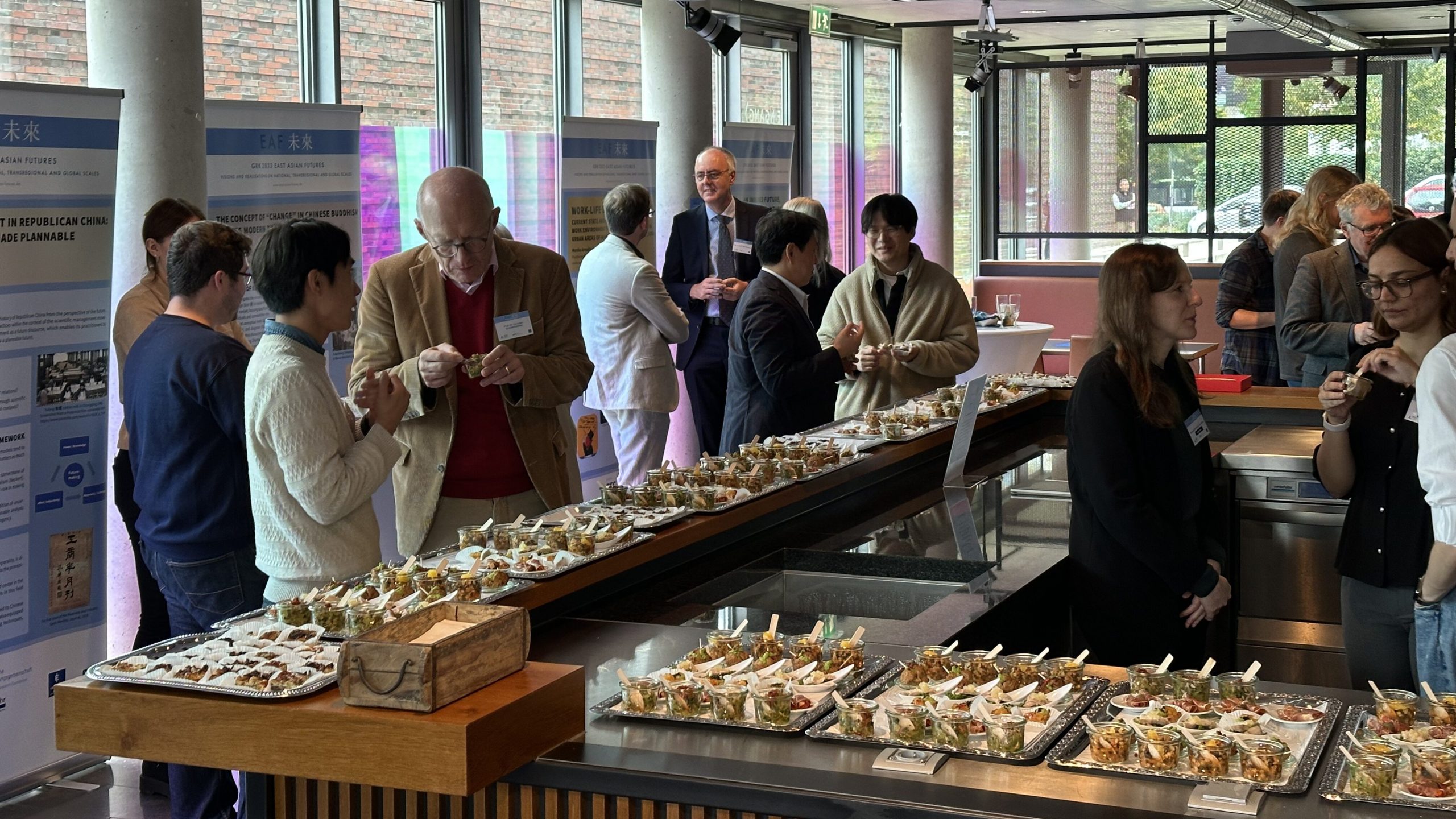The DFG Research Training Group GRK 2833 “East Asian Futures: Visions and Realisations on National, Transregional and Global Scales” held its Fieldwork Results Workshop and Inauguration of Cohort II from October 8–10, 2025, at the LWL Archaeological Museum in Herne, Germany.
The first two days (October 8 and 9) were dedicated to the presentation of the doctoral and postdoctoral researchers’ fieldwork results. These sessions provided a valuable opportunity to share empirical findings and discuss methodological approaches after extended research stays in East Asia. About 60 participants, including faculty members, Mercator Fellows, and guests, attended the workshop and engaged in lively discussions on the diverse topics covered by the research group.
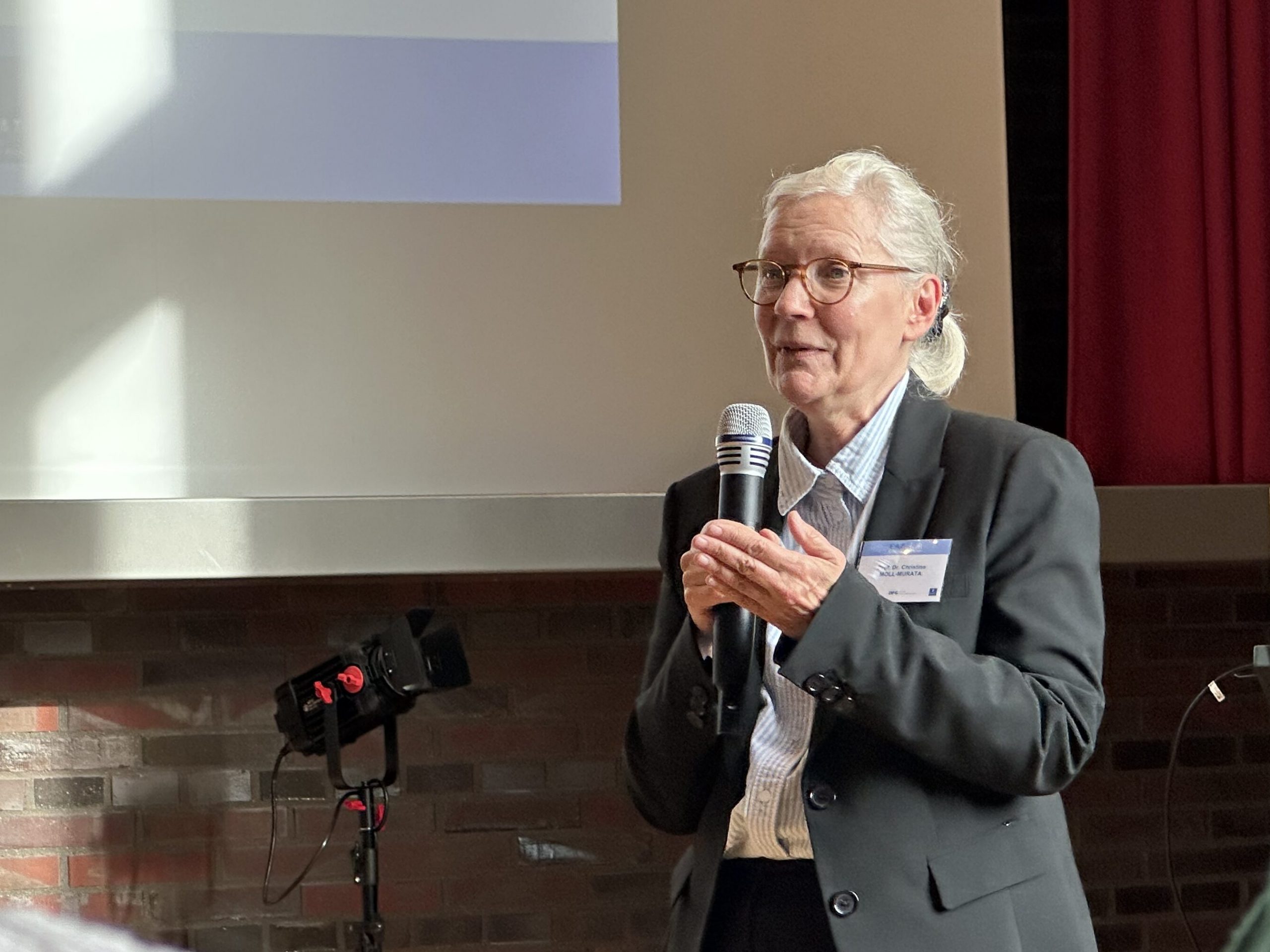
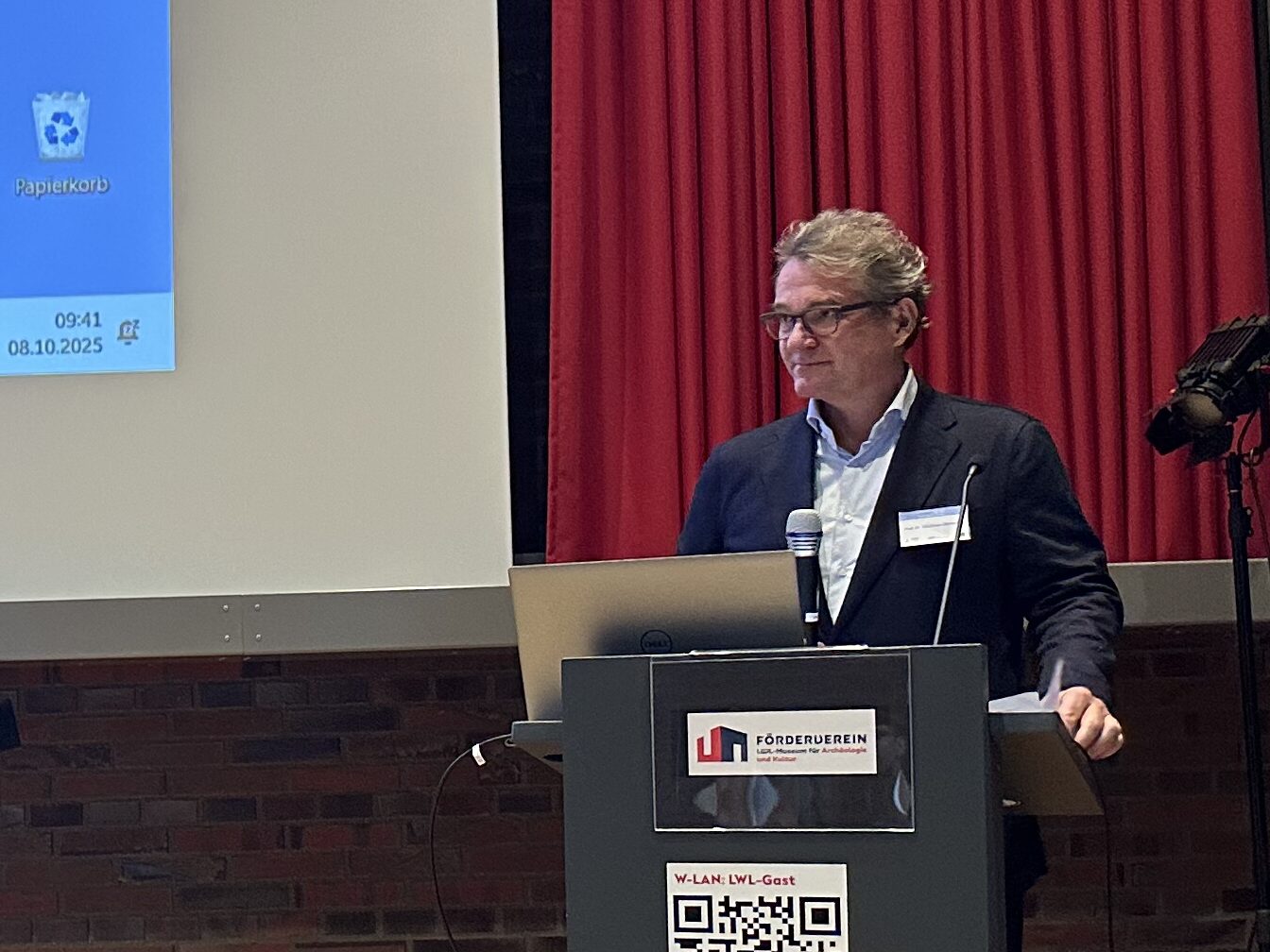
© RUB, Kortung
The workshop commenced on Wednesday morning, October 8, with an opening message by Prof. Sebastian BERSICK (Dean of the Faculty of East Asian Studies, Ruhr University Bochum), followed by words of introduction by Prof. Christine MOLL-MURATA (Ruhr University Bochum, Speaker of the RTG). The doctoral researchers of Cohort I presented their work in thematic panels, each chaired by one of the participating professors.
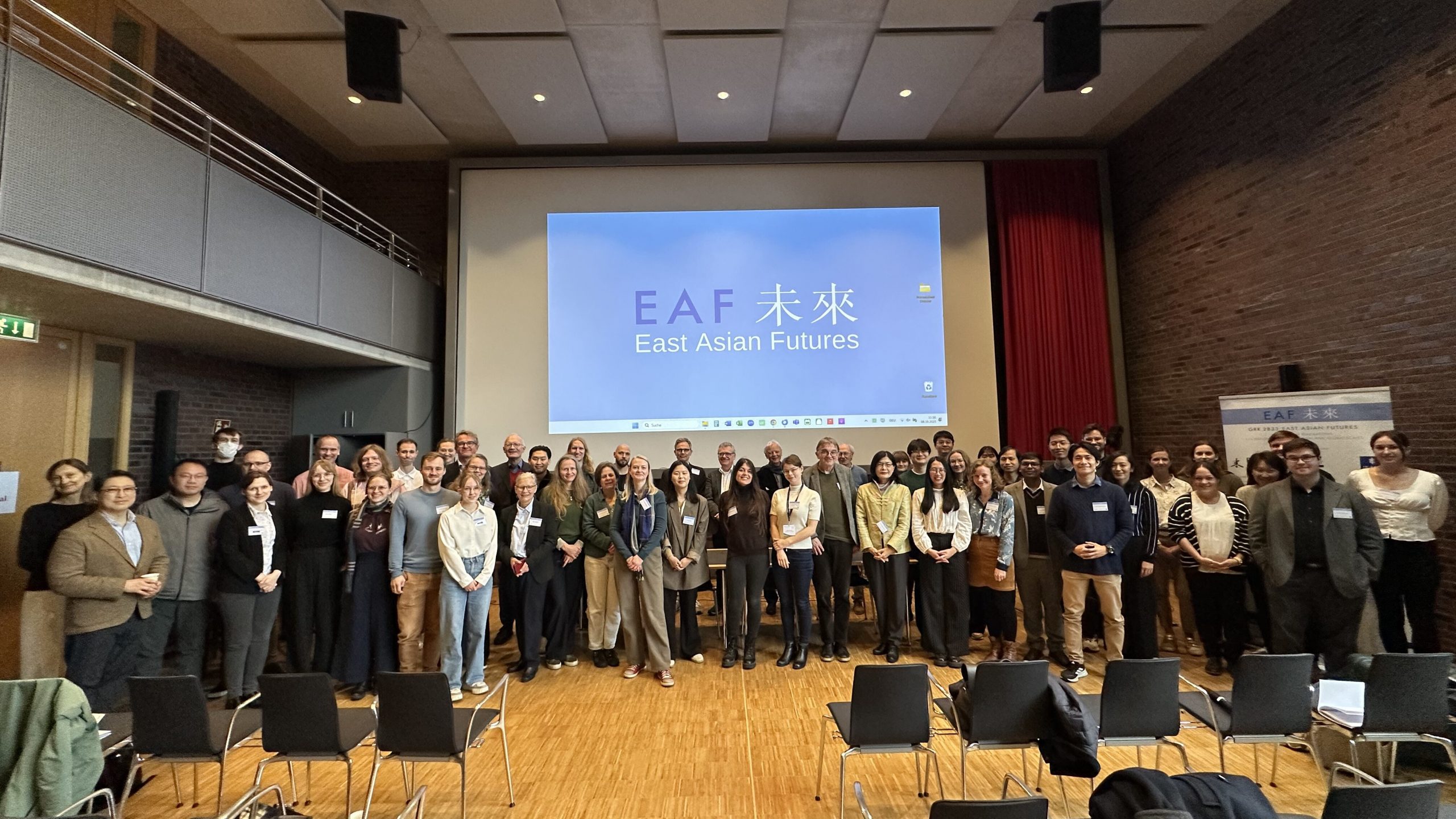
In the first panel, chaired by Prof. Christian SCHWERMANN, Buyun GONG (Scientific Management in Republican China: How the Future is Made Plannable) and Pao-Wen HUANG (Tariffs and Future Anticipation: Customs Policies and Practices in Taiwan, 1850s–1990s) presented their research. They received valuable feedback from Prof. Lin-Chun WU (National Taiwan Normal University), one of the project’s Mercator Fellows.
The second panel was chaired by Prof. Hannes MOSLER and featured presentations by Eetu LAUSTELA (North Korean Depictions of the Future in Text Publications of the Kim Jong-un Era) and Minkyun PARK (Divided Self, Divided Future: Narrative Contestation and Politics of Foreign Policy Oscillation – The Case of South Korea’s Relations with Japan), sparking further discussions. Both presentations were commented on by Mercator Fellow Prof. Hyung-Gu LYNN (University of British Columbia).
After a short break, Panel 3, chaired by Prof. Carmen MEINERT, commenced with a presentation by Mingfeng WU (Engaging the Secular: Conceptions of the Future in Modern Chinese Buddhism), followed by Nora WÖLFING (Visions of Futurity in Contemporary Art from the Sinophone Region). Finally, Igor SEVENARD (The Dawn of a Global “Community of Common Destiny” – A Conceptualization of Chinese Worldmaking) presented his research. Comments were provided by Mercator Fellows Prof. Lin-Chun WU and Prof. em. Brantly WOMACK (University of Virginia).
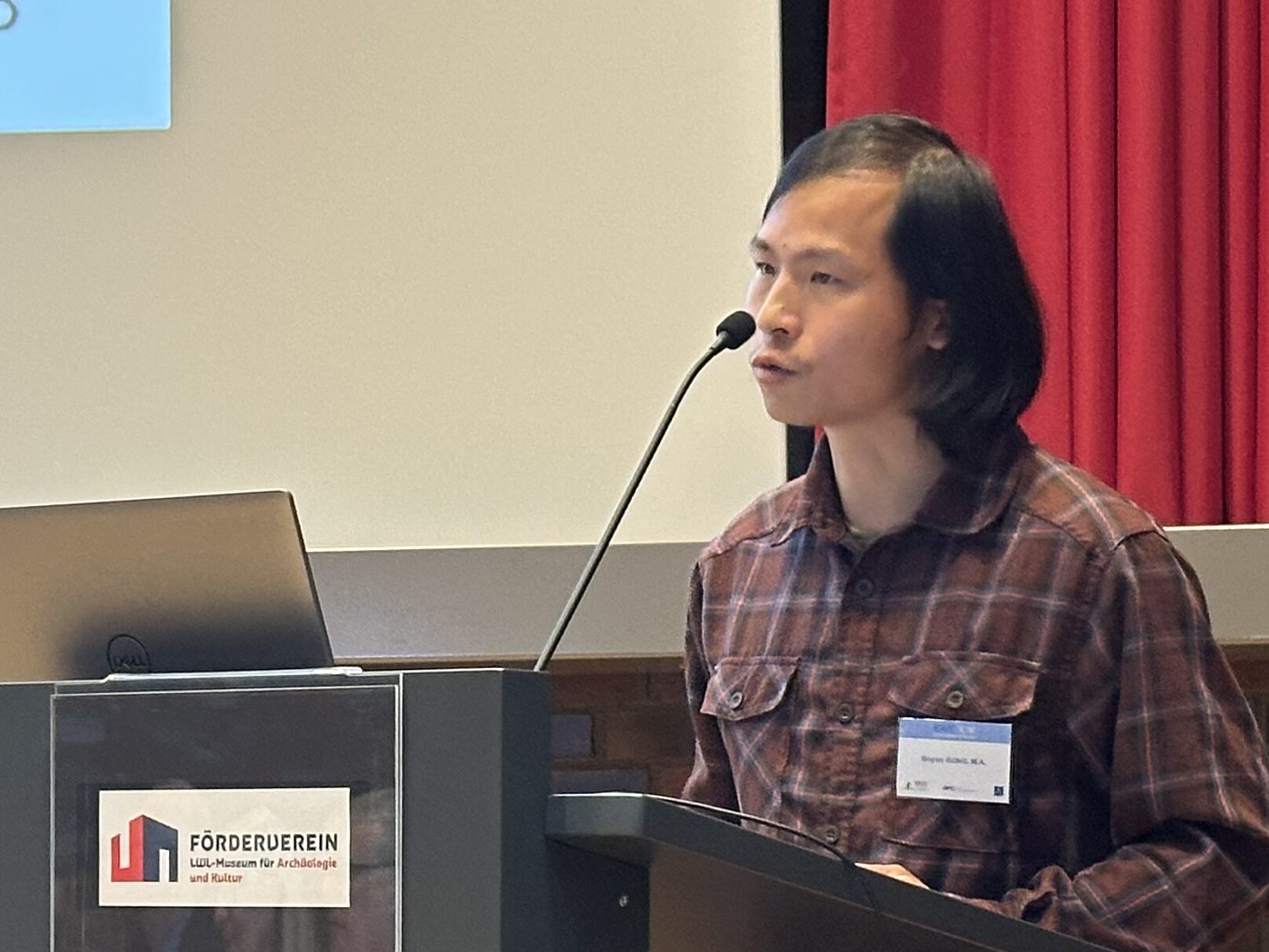
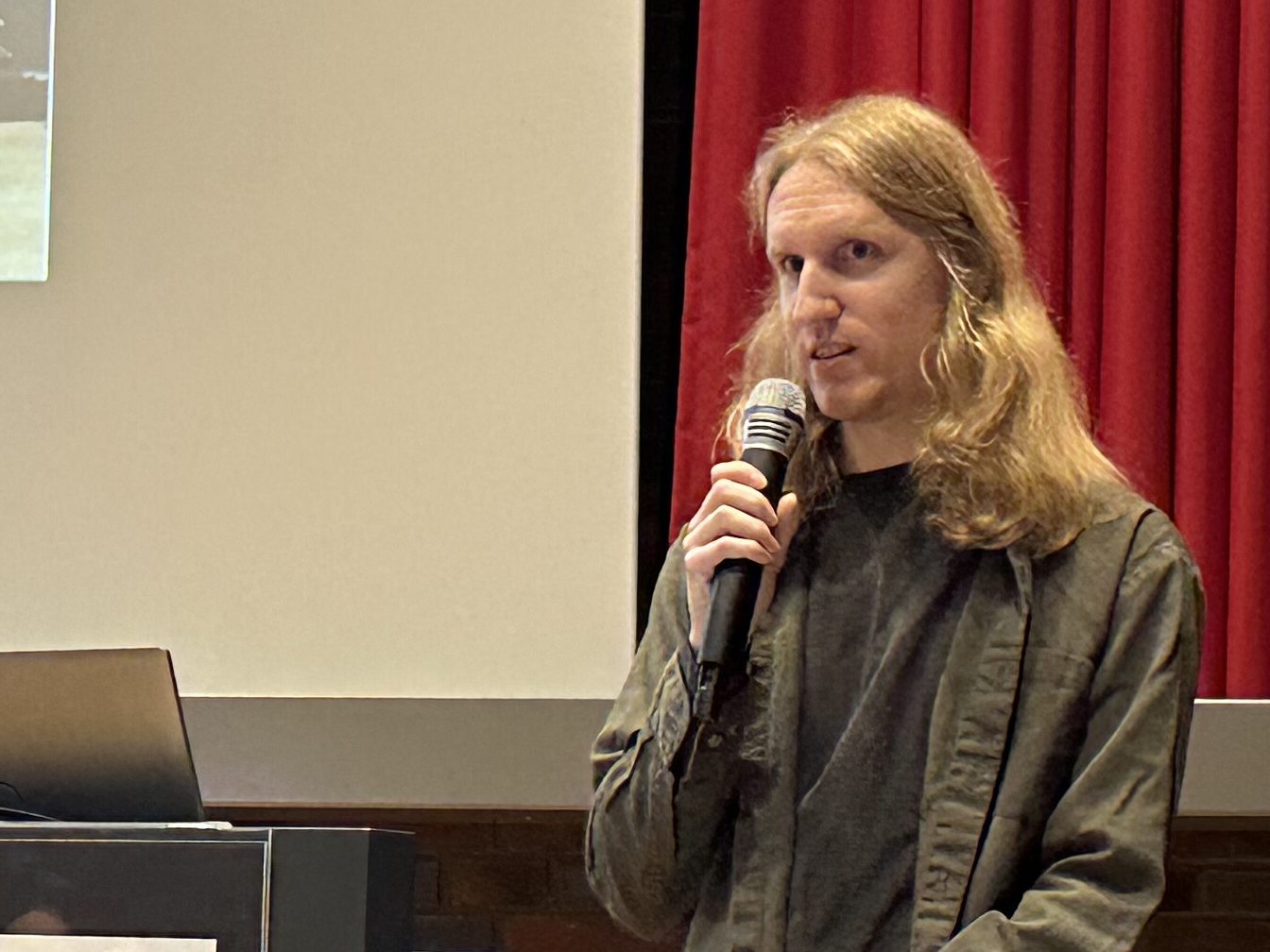
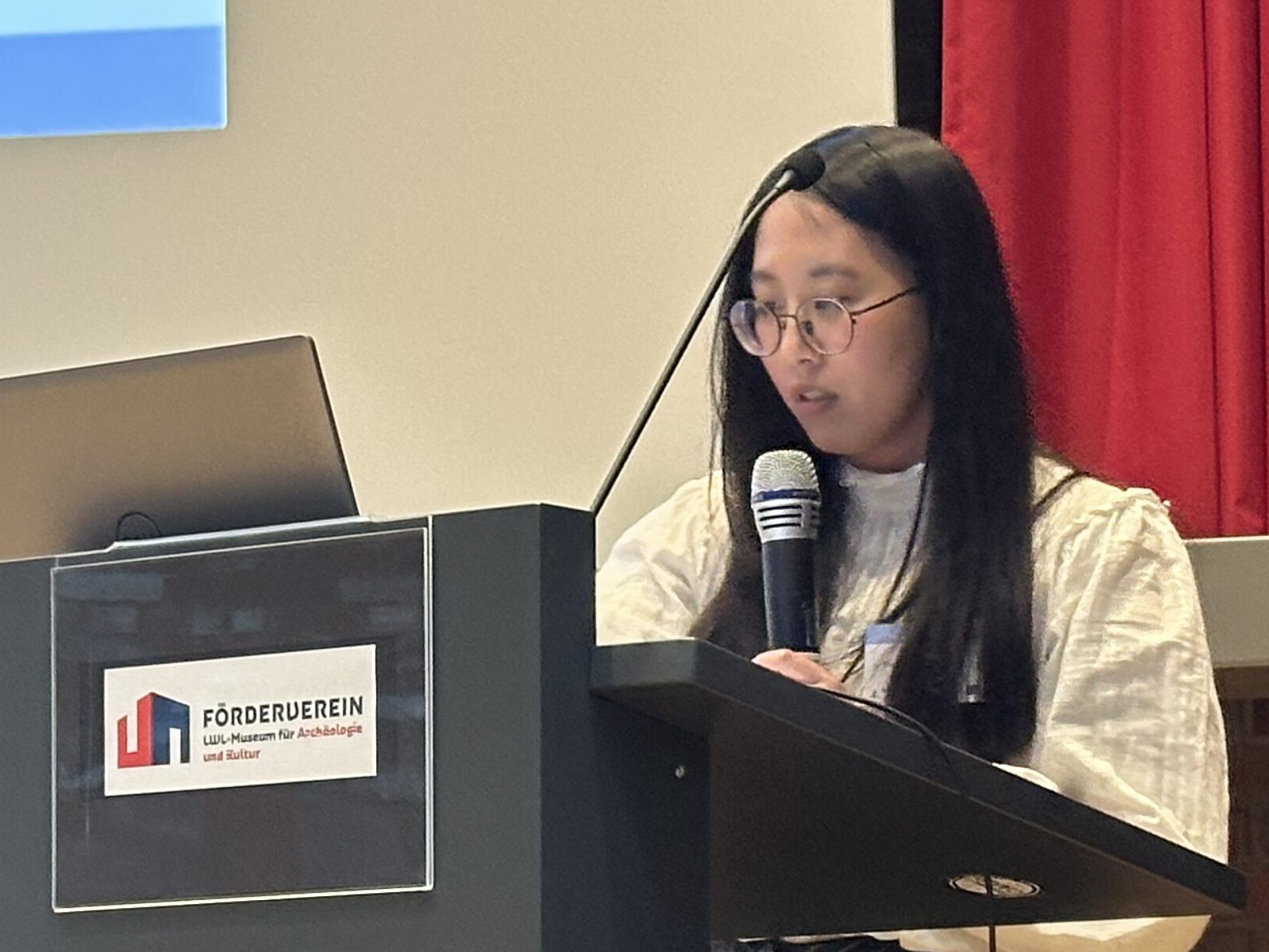
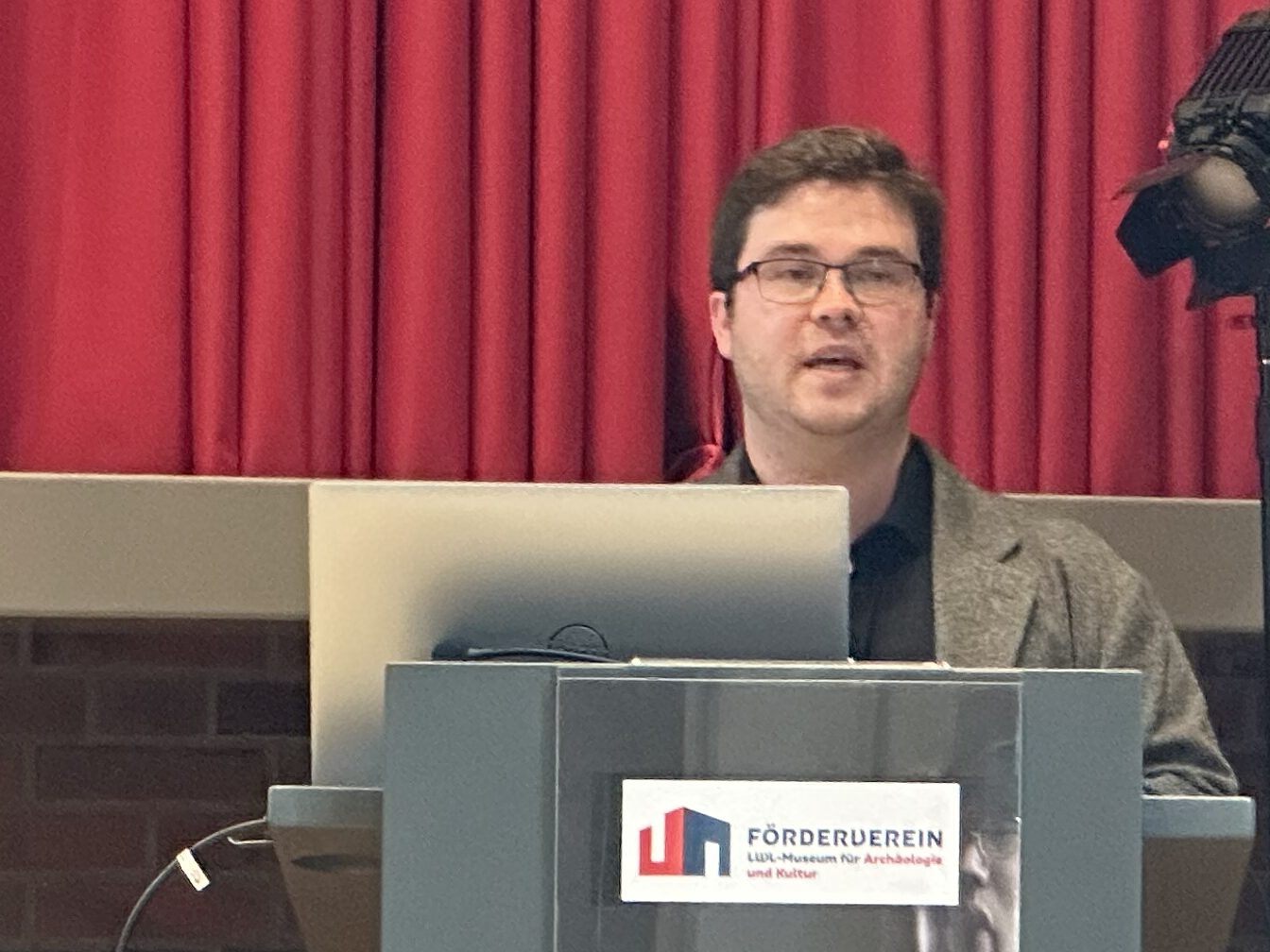
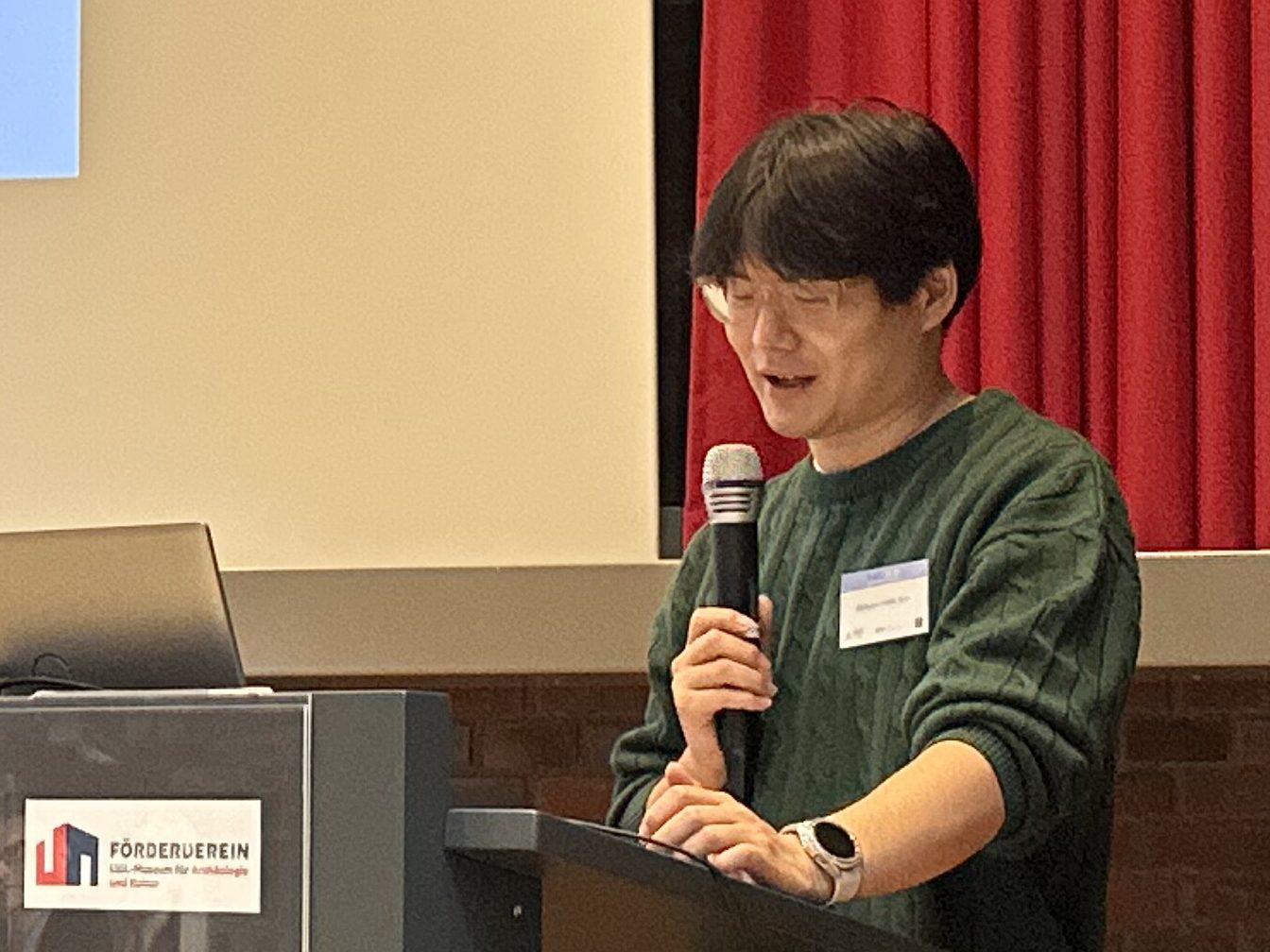
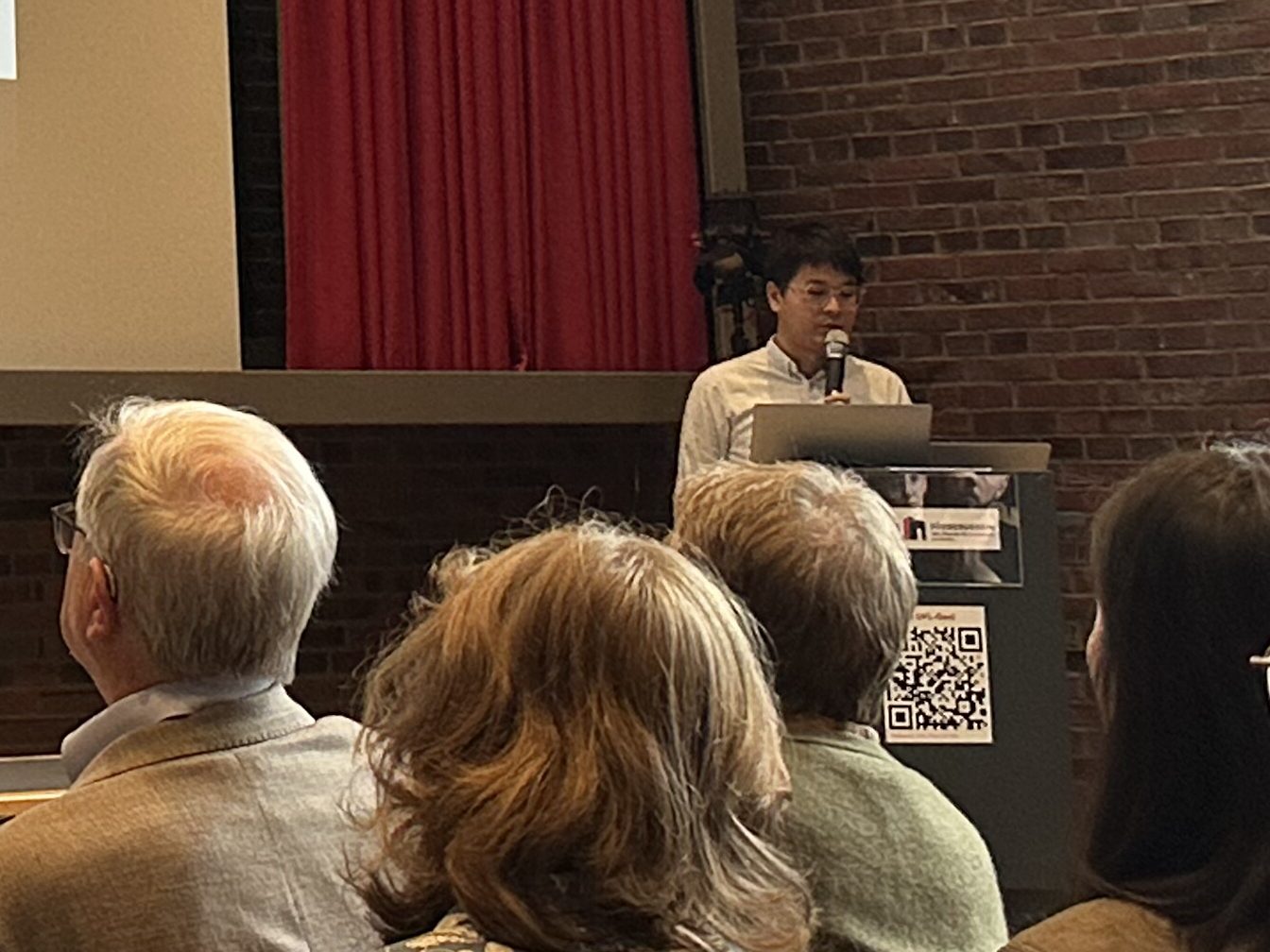
On Thursday, October 9, the second day opened with Panel 4, chaired by Prof. Marion EGGERT. Anna-Maria RAU (Modern Chinese Music and the Nation) presented first and was followed by Youlim KIM (Transformation and Construction of Social Discourse on Unmarried Mothers in South Korea). Both presentations received valuable comments from Mercator Fellows Prof. em. Brantly WOMACK and Prof. Kaori HAYASHI (University of Tokyo), respectively.
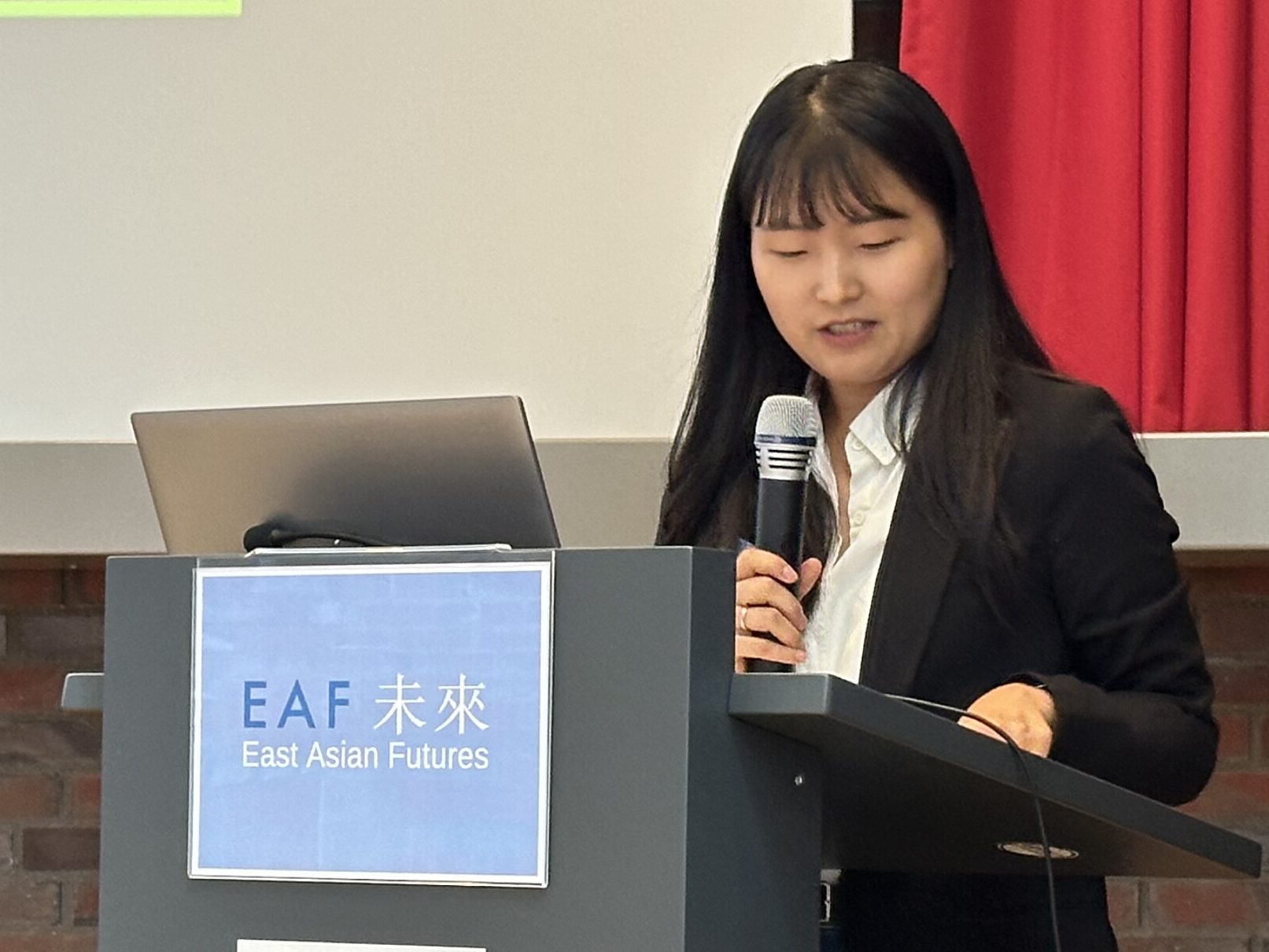
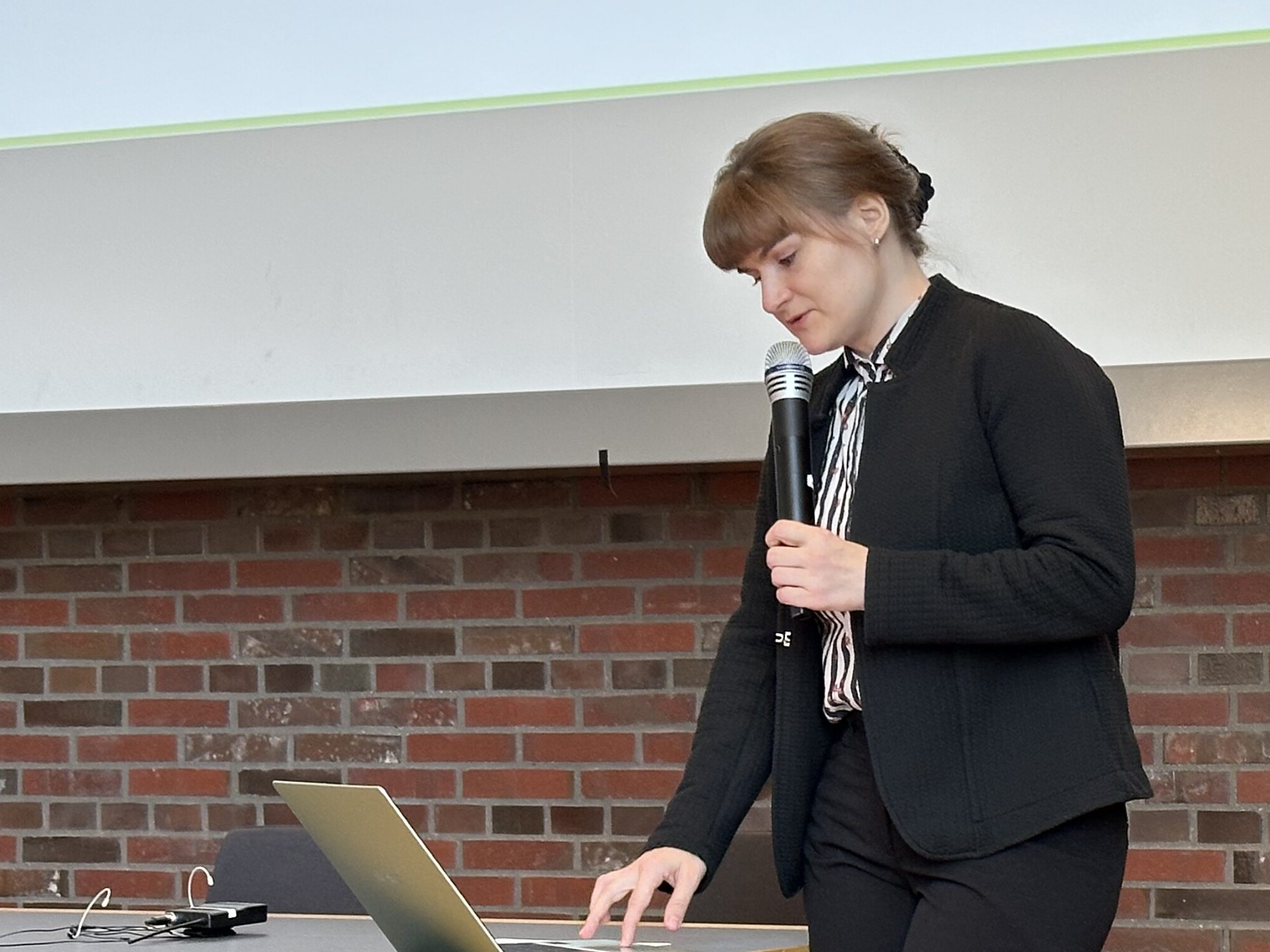
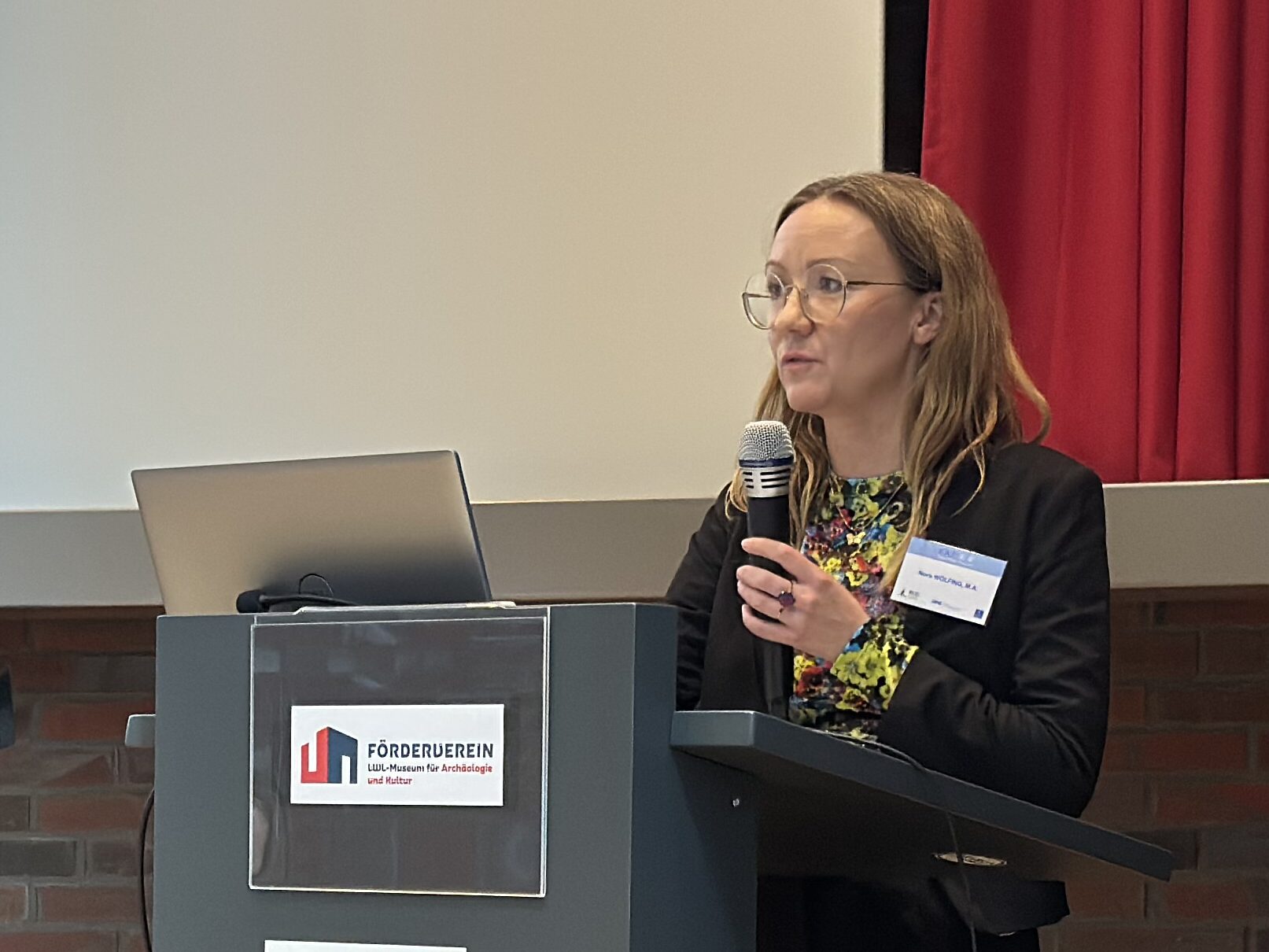
The following Panel 5, chaired by Prof. Katja SCHMIDTPOTT, featured Postdoc Dr. Aya HINO (An Imagined Future, Disappearing Futures: “Nihon-gaku” and Colonial, Internal, and Imperial Differences within the Japanese Nation-Empire), who received feedback from Prof. Jan SCHMIDT (Katholieke Universiteit Leuven). She was followed by Postdoc Dr. Martin GEHLMANN (A Confucian Future for the Country East of the Sea).
In Panel 6, chaired by Prof. Nele NOESSELT, Postdoc Dr. Monika ARNOŠTOVÁ (Current State and Future Projections of the Work Environment for Young Professionals in Urban Areas of Mainland China, Taiwan, and Japan) presented her research, followed by Postdoc Dr. Qinqin PENG (The Concept of “Change” in Chinese Buddhism and Its Modern Transformation).
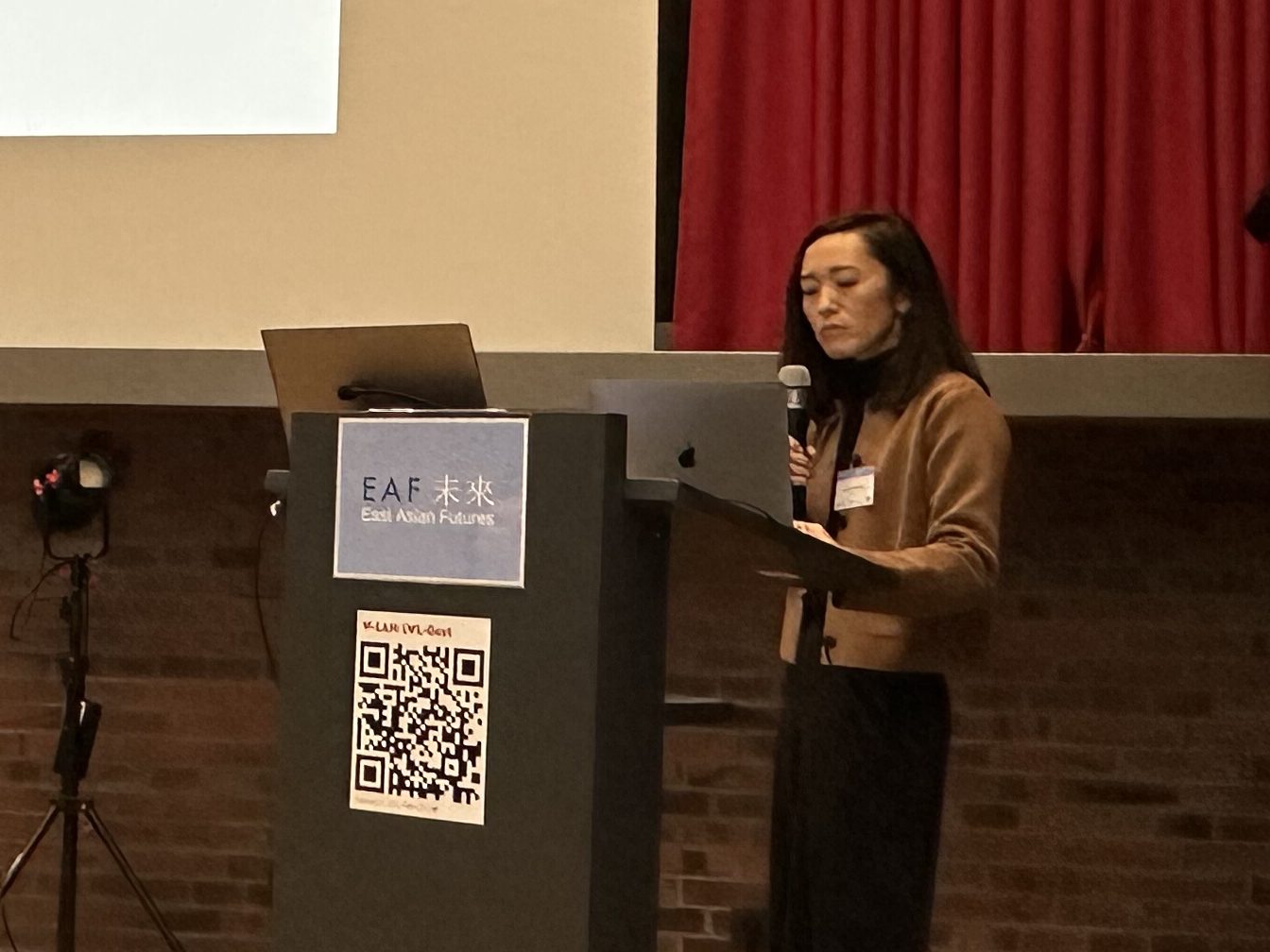
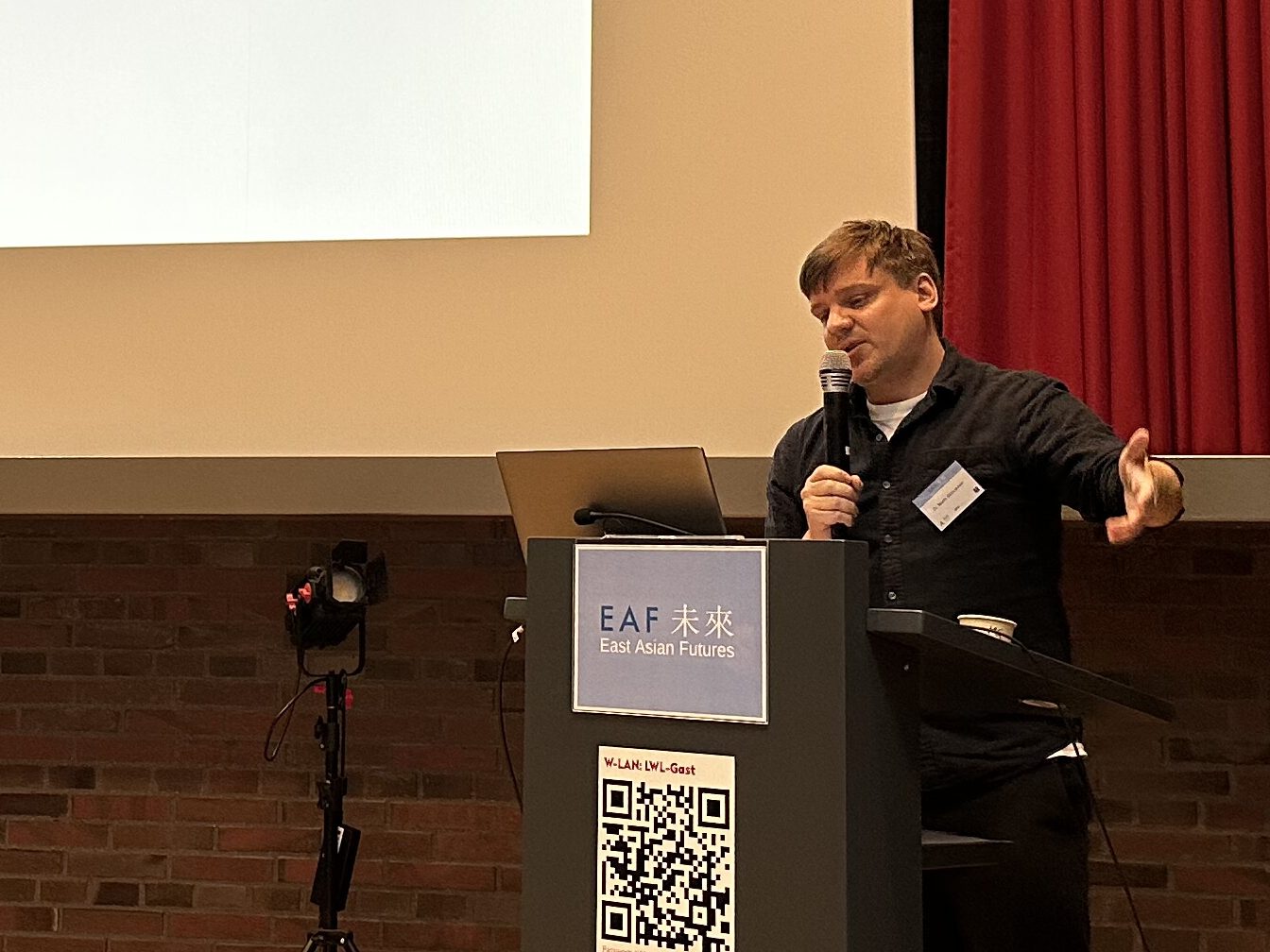

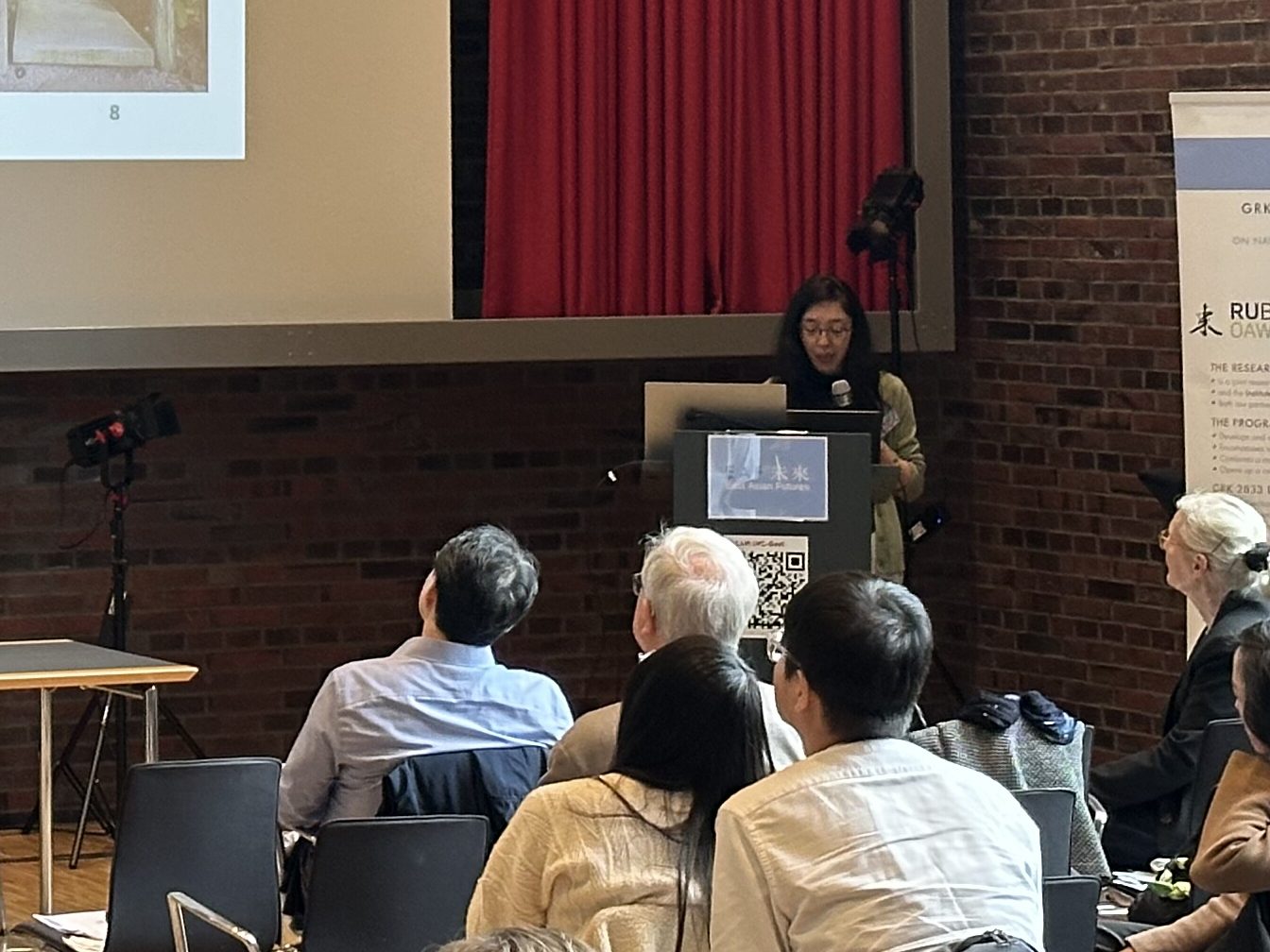
The final session of the workshop, Panel 7, chaired by Co-Speaker Prof. Markus TAUBE, took the form of a Practical Fieldwork Experience discussion. All members of Cohort I (ARNOŠTOVÁ, GEHLMANN, GONG, HINO, HUANG, KIM, LAUSTELA, PARK, PENG, RAU, SEVENARD, WÖLFING, and WU) shared insights, challenges, and memorable moments from their fieldwork. The exchange offered an intimate look into the practical realities of research in East Asia and was especially valuable to the new members of Cohort II.
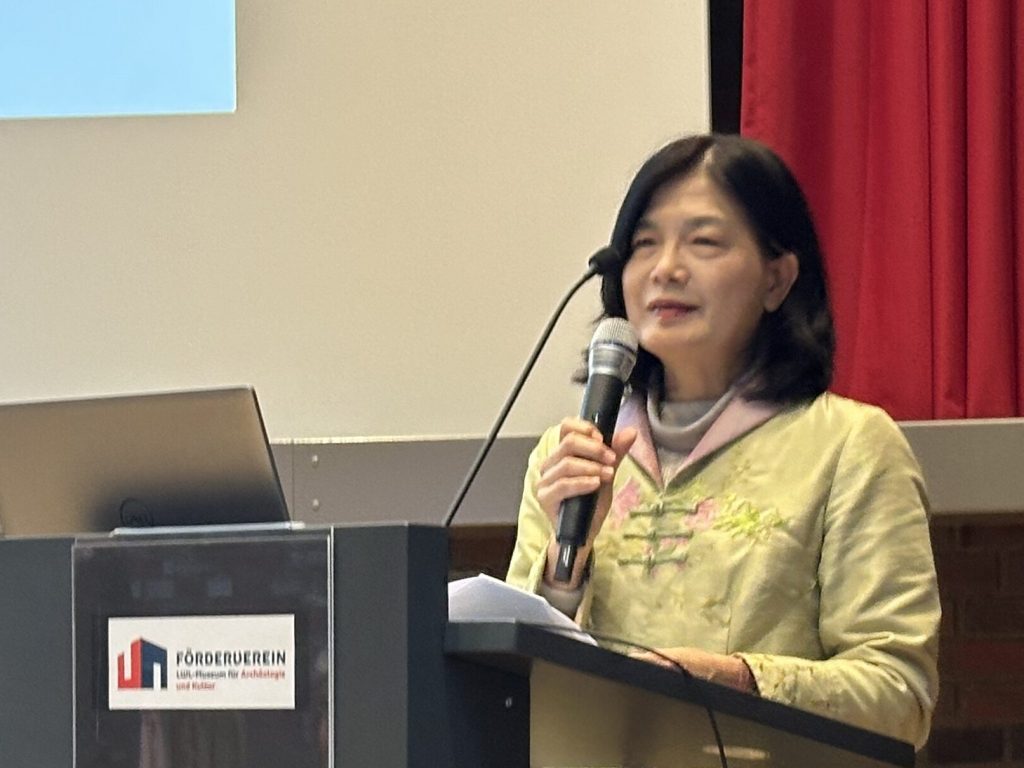
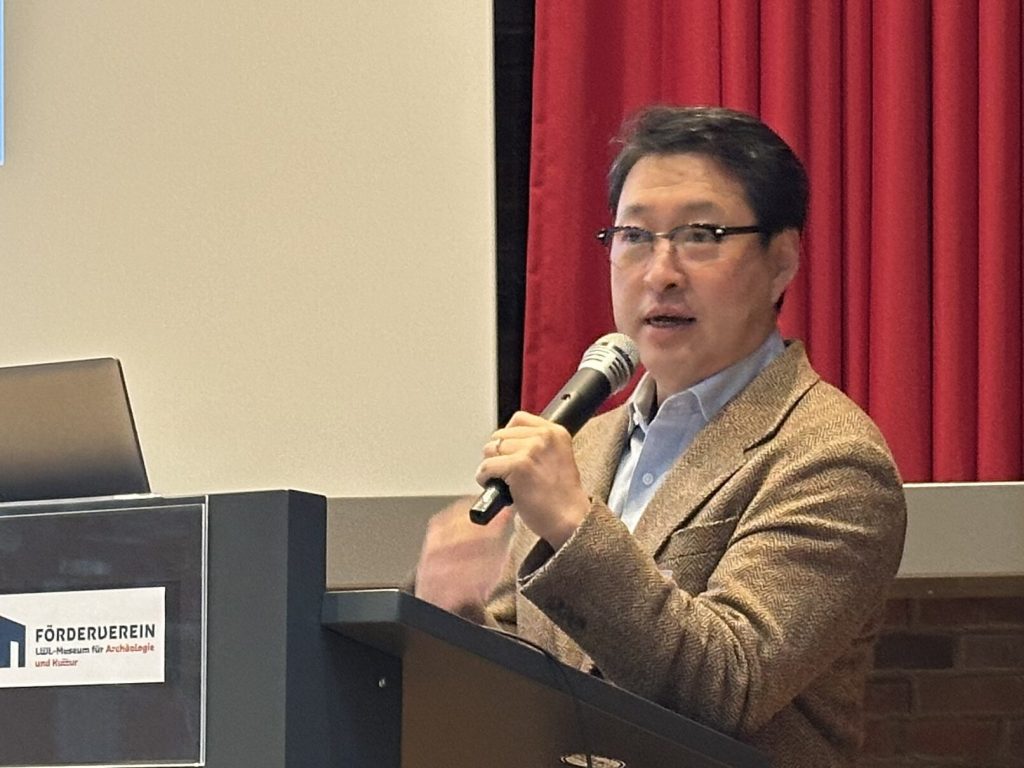
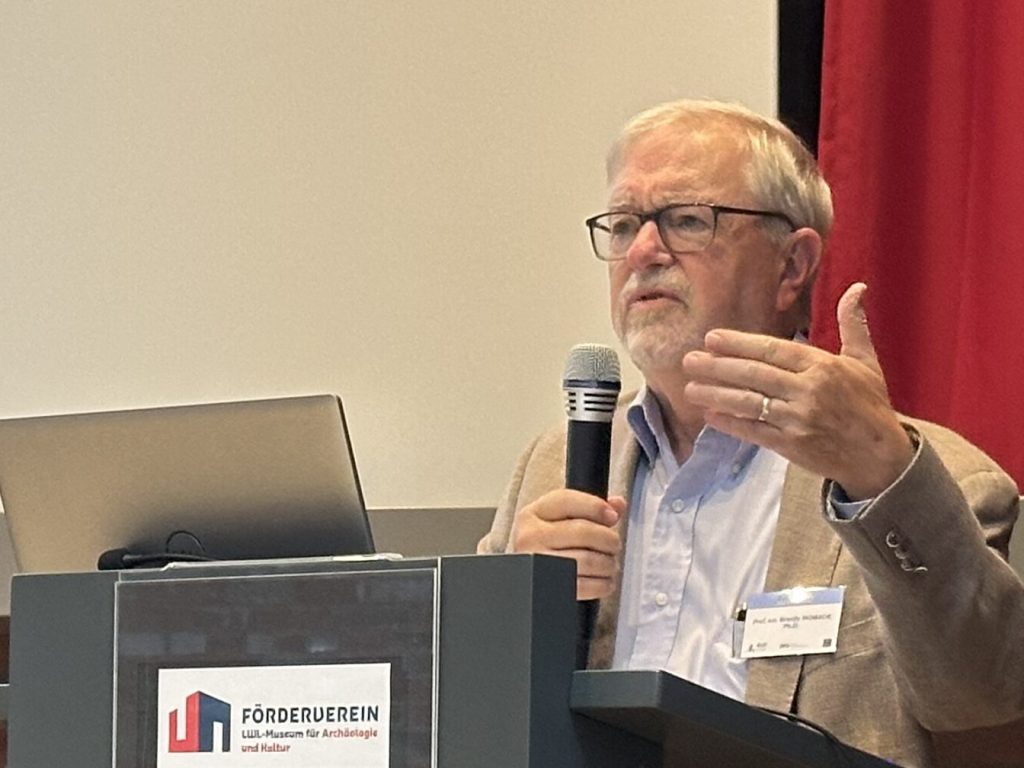
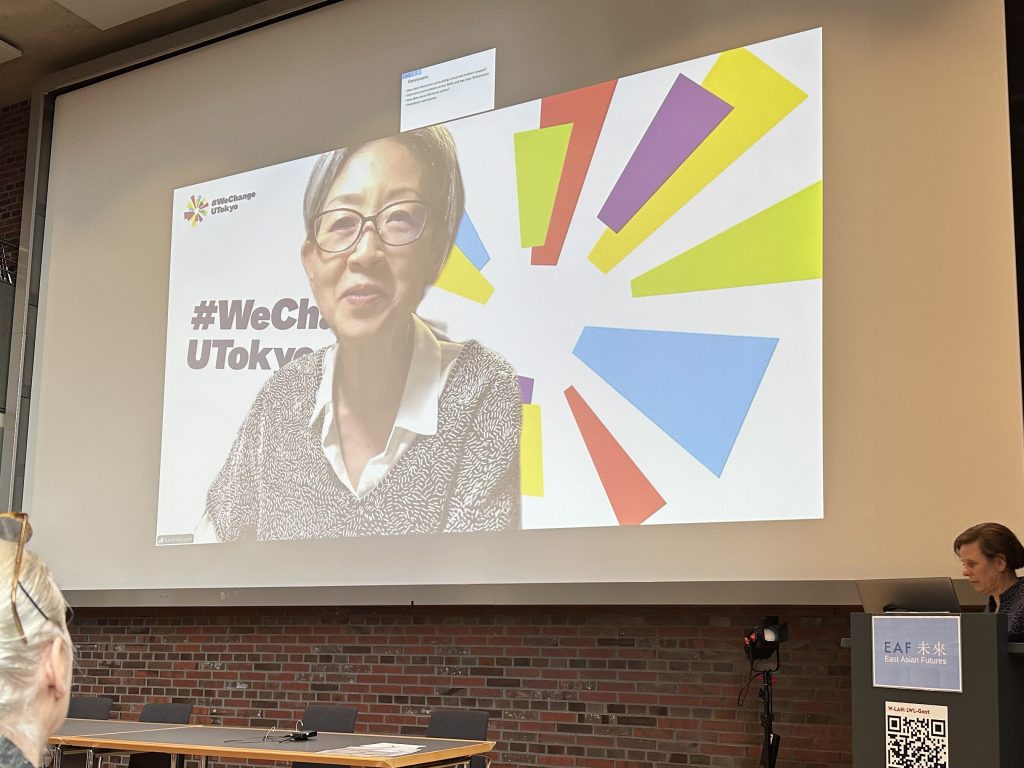
Following the final panel, the Advisory Board Meeting took place, bringing together all professors and principal investigators of the Research Training Group, including speaker Prof. Christine MOLL-MURATA, co-speaker Prof. Markus TAUBE, Prof. Katja SCHMIDTPOTT, Prof. Christian SCHWERMANN, Prof. Nele NOESSELT and Prof. Jan SCHMIDT, as well as the Mercator Fellows Prof. em. Brantly WOMACK, Prof. Hyung-Gu LYNN and Prof. Lin-Chun WU. The board discussed the progress of the ongoing research projects, future cooperation with partner institutions, and strategic directions for the next funding phase. The exchange underlined the interdisciplinary depth of the programme and reaffirmed the commitment to fostering collaborative research on East Asian futures.
The sessions were complemented by informal exchanges during lunch breaks and evening gatherings, offering participants the opportunity to continue discussions and network in a relaxed atmosphere. These interactions were further enriched by the researchers’ roll-ups, which provided a more in-depth look at individual projects and facilitated detailed conversations.
The final day marked the official inauguration of Cohort II of the Research Training Group. After a warm welcome by Prof. Achim von KEUDELL (Vice-Rector for Structure and Planning, Ruhr University Bochum), who underlined the collaboration of both universities, strengthened by AREA RUHR, Prof. Christine MOLL-MURATA and Prof. Markus TAUBE introduced the RTG’s new PhD researchers of Cohort II: Konrad BÖHM, Seo Yeon HAN, Hirotaka KOBAYASHI, Arne-Moritz MEYER, Liliia PEICHEVA, Martyna SZOJA, Aman VERMA, Lea WALLRAFF, and Xiaoyu XIONG.
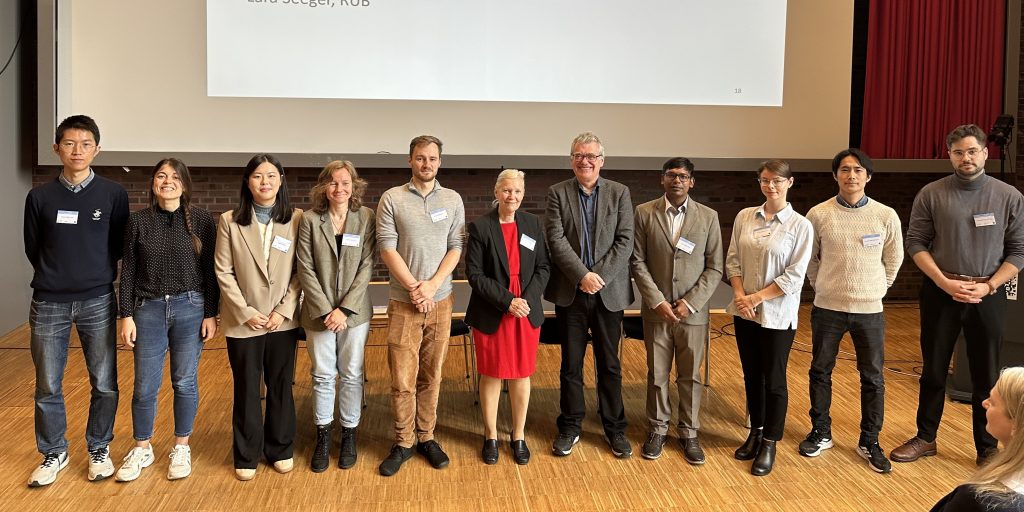
Following their introductions, the RTG’s new Qualifying Fellows Charlotte DIRKS, Fabian EVERS, Philipp MEIẞ, and Lara SEEGER were presented.
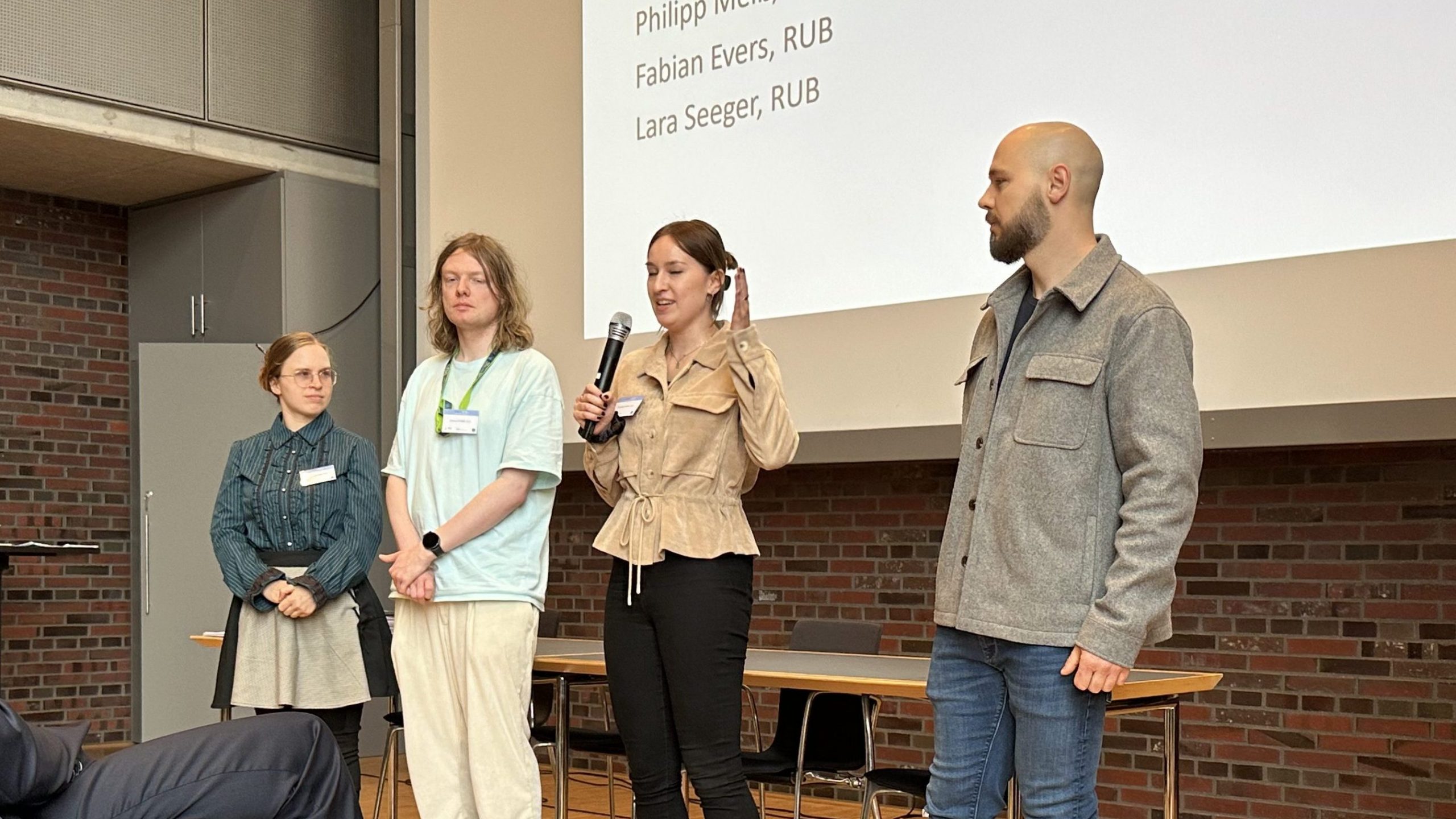
The ceremony was followed by a reception and guided tours through the main exhibition of the LWL Archaeological Museum, connecting the event’s theme of “futures” with the museum’s reflections on past civilizations.
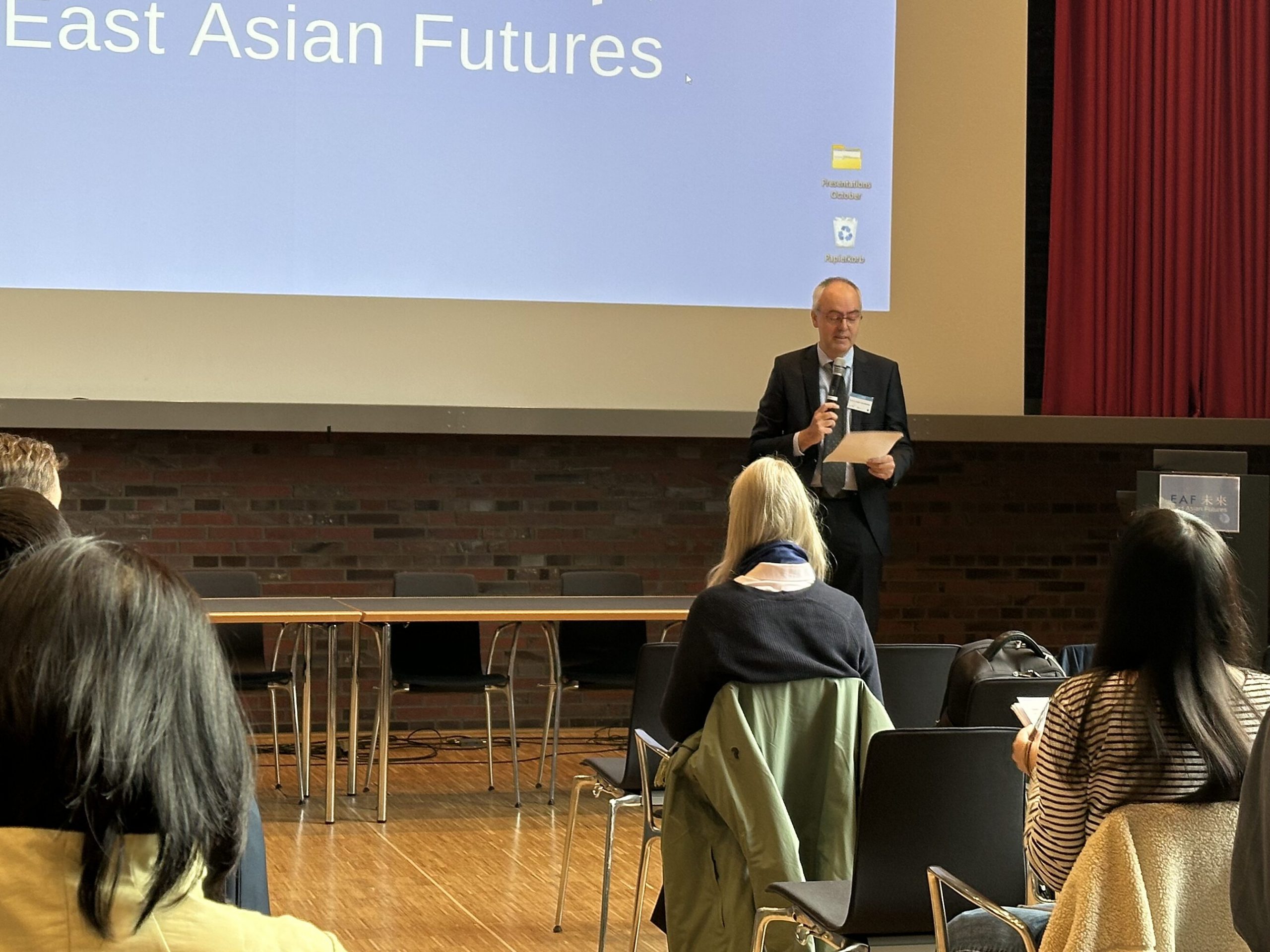
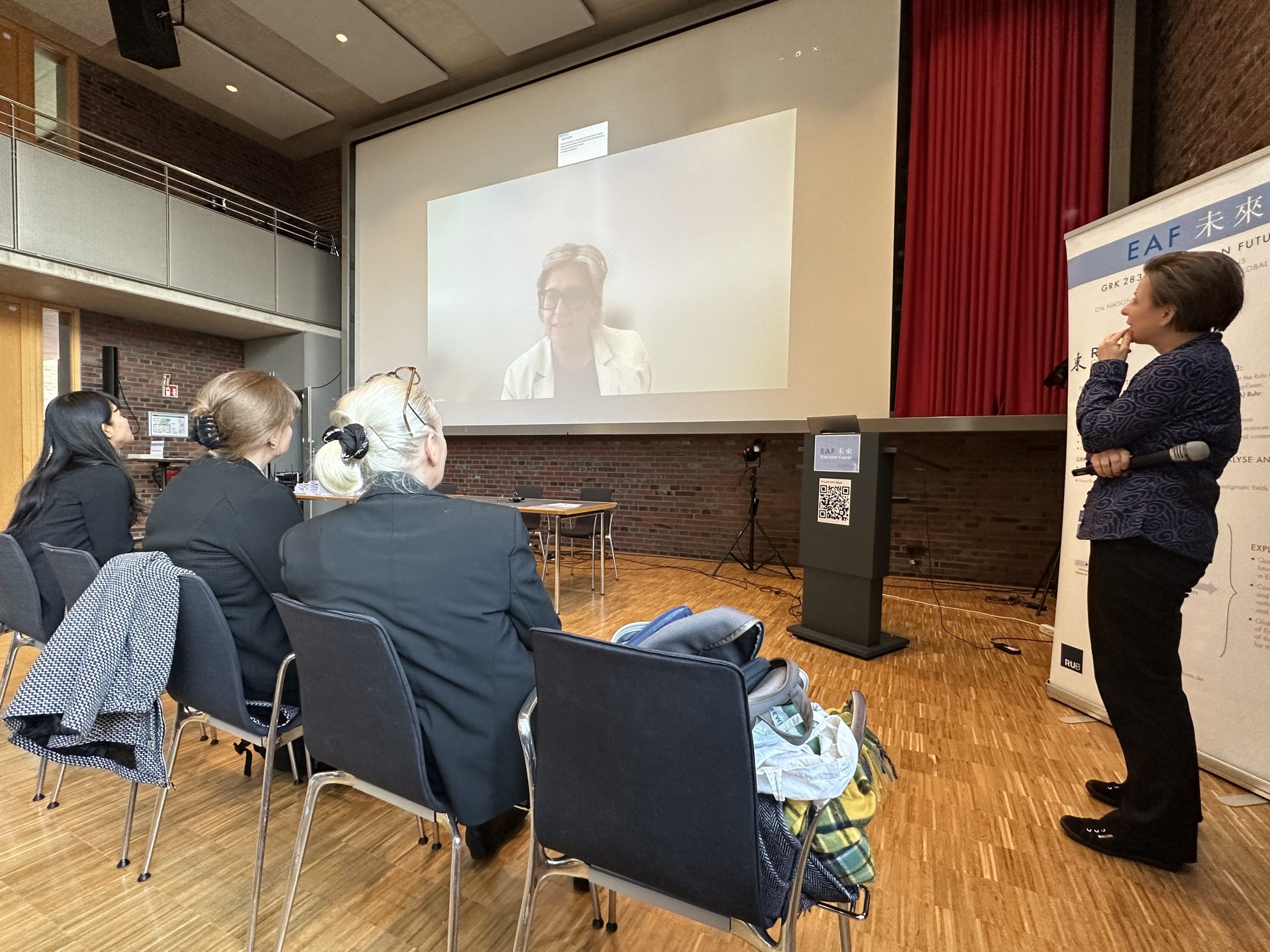
The event was coordinated by the RTG’s academic coordinator Simone KORTUNG and administrative coordinator Jonas SOHRWEIDE, together with the project’s IT administrator Jan WIEMANN, whose joint efforts ensured the smooth organisation of all sessions and logistics. They were supported by the student assistants Isabelle KOLDEWITZ, Morgane GILLIBERT, Julia ZACHULSKI, and Aijing LI, who greatly contributed to the success of the event.
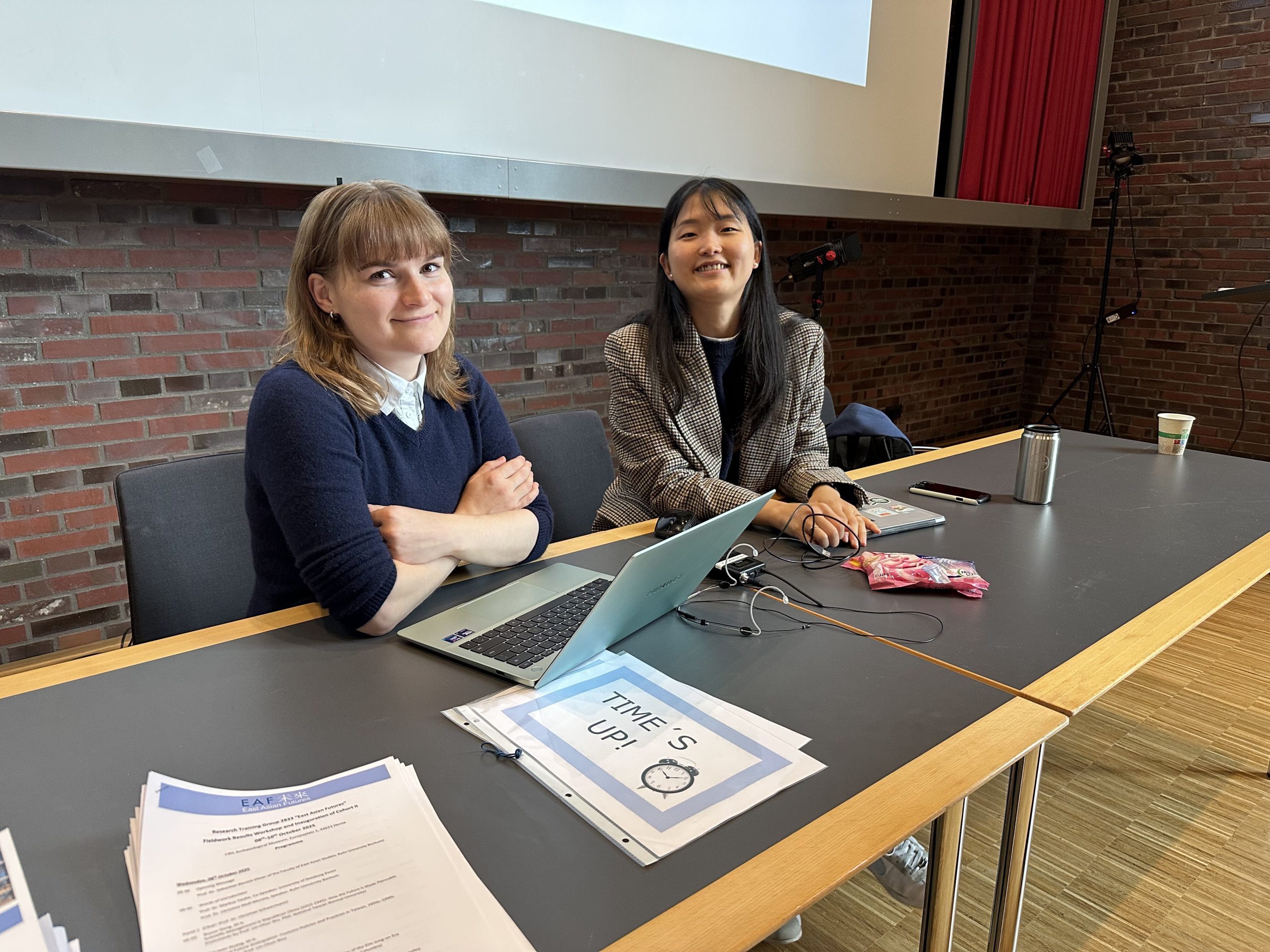
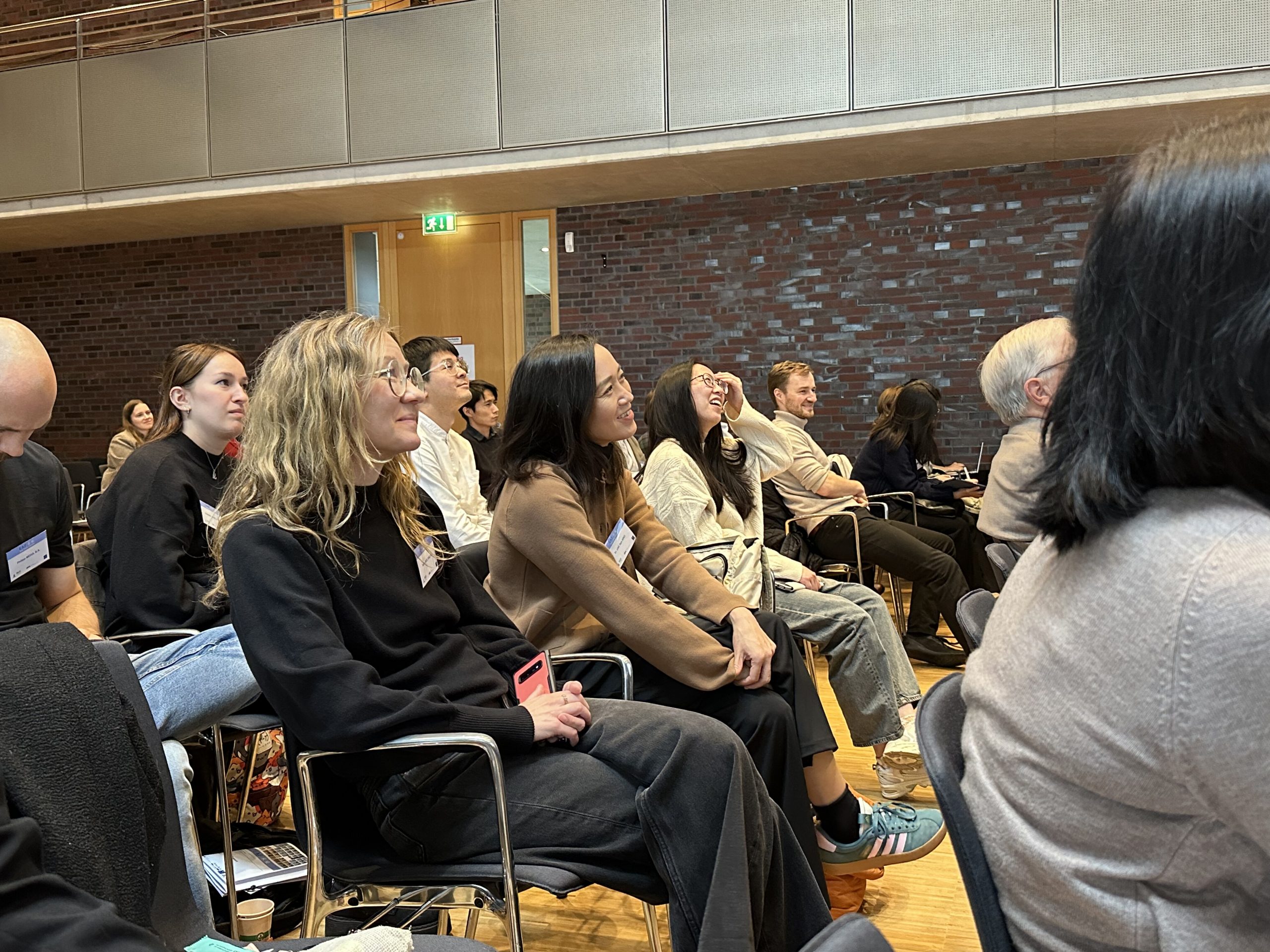
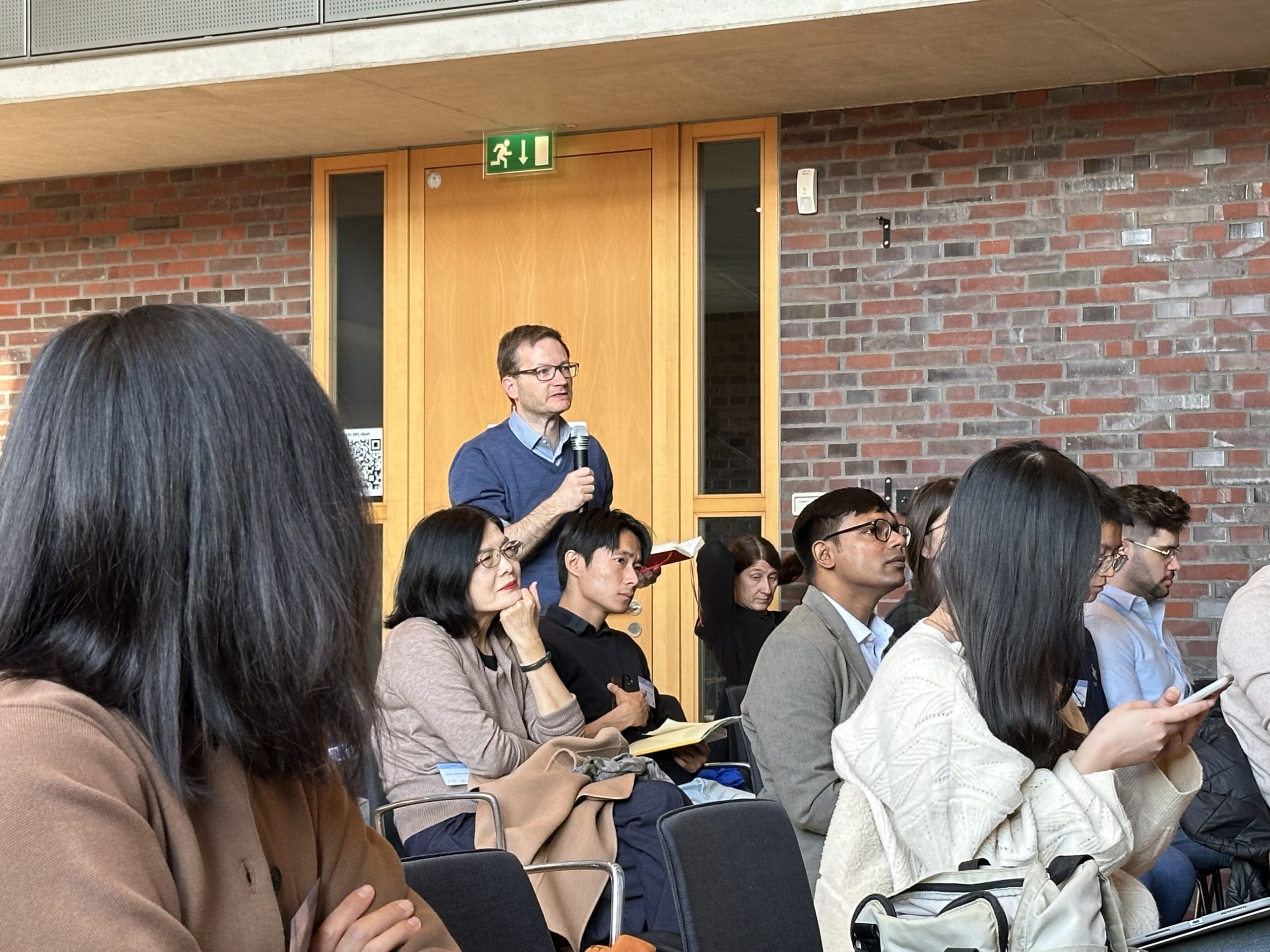
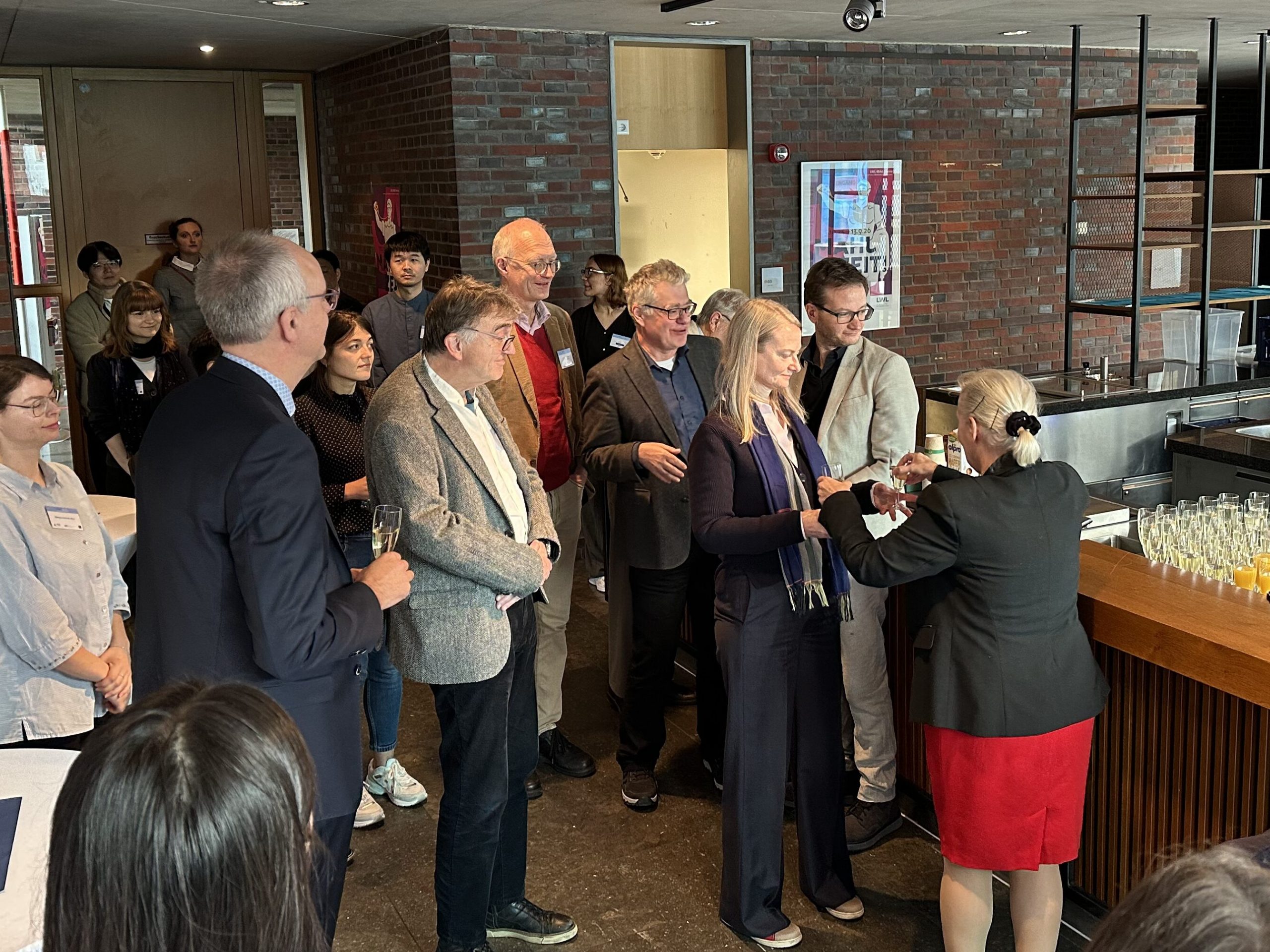
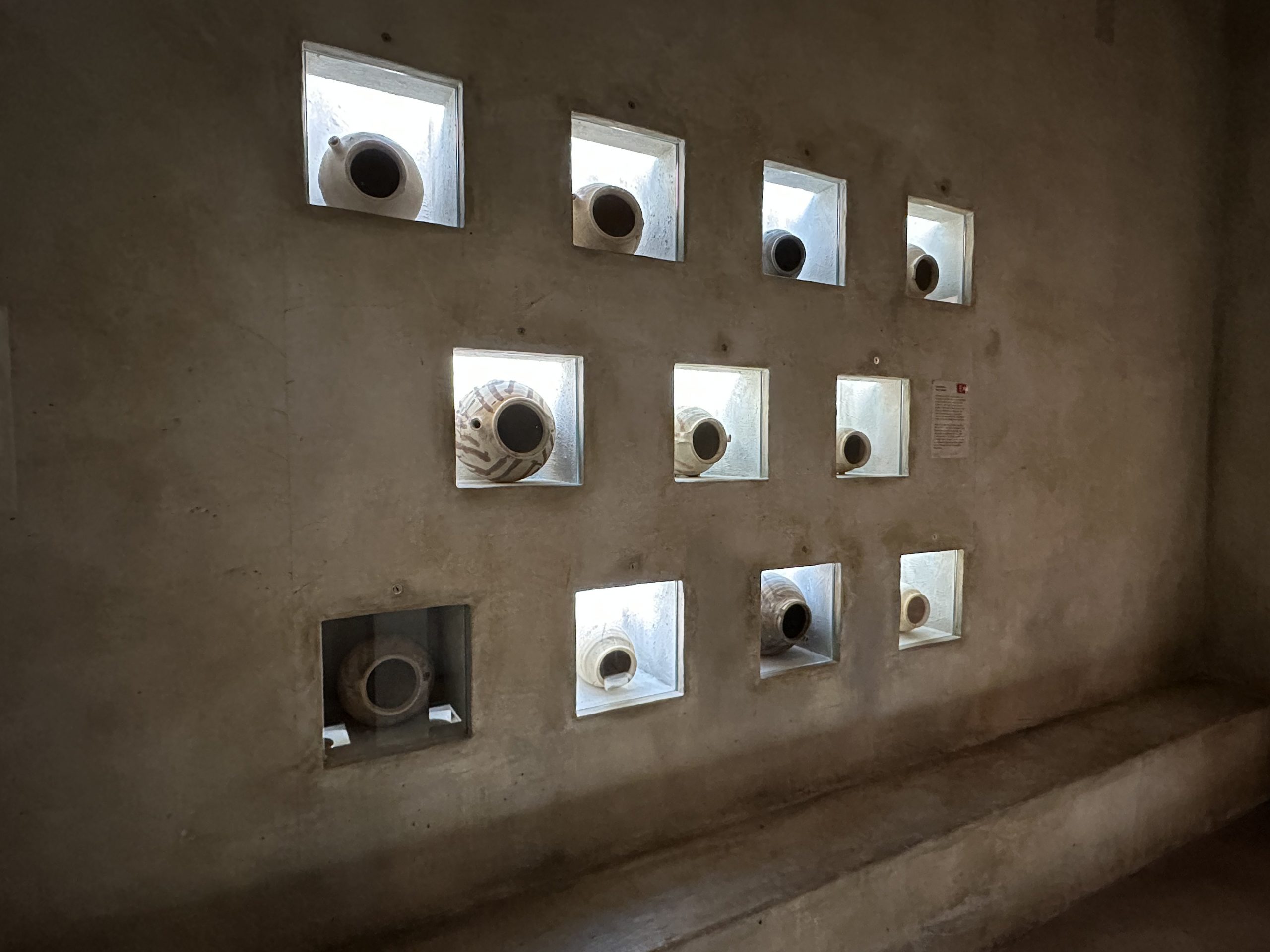
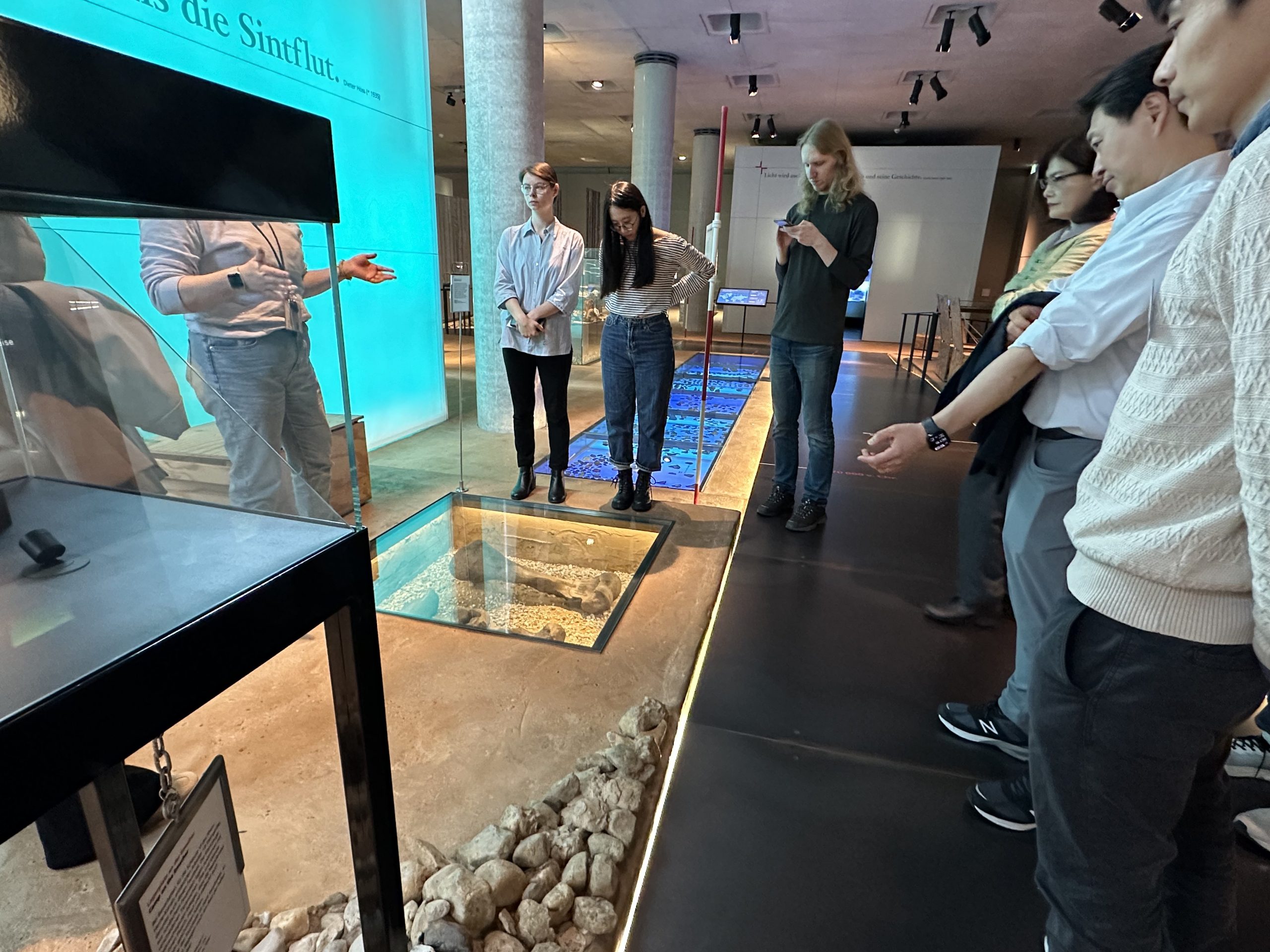
With the launch of the new cohort, the size of the project has nearly doubled. The event provided an excellent opportunity for all participants, both PhD researchers and their supervisors, to connect and strengthen their networks. The Research Training Group GRK 2833 East Asian Futures warmly welcomes all new members and looks forward to sharing updates on their research progress in the future.


